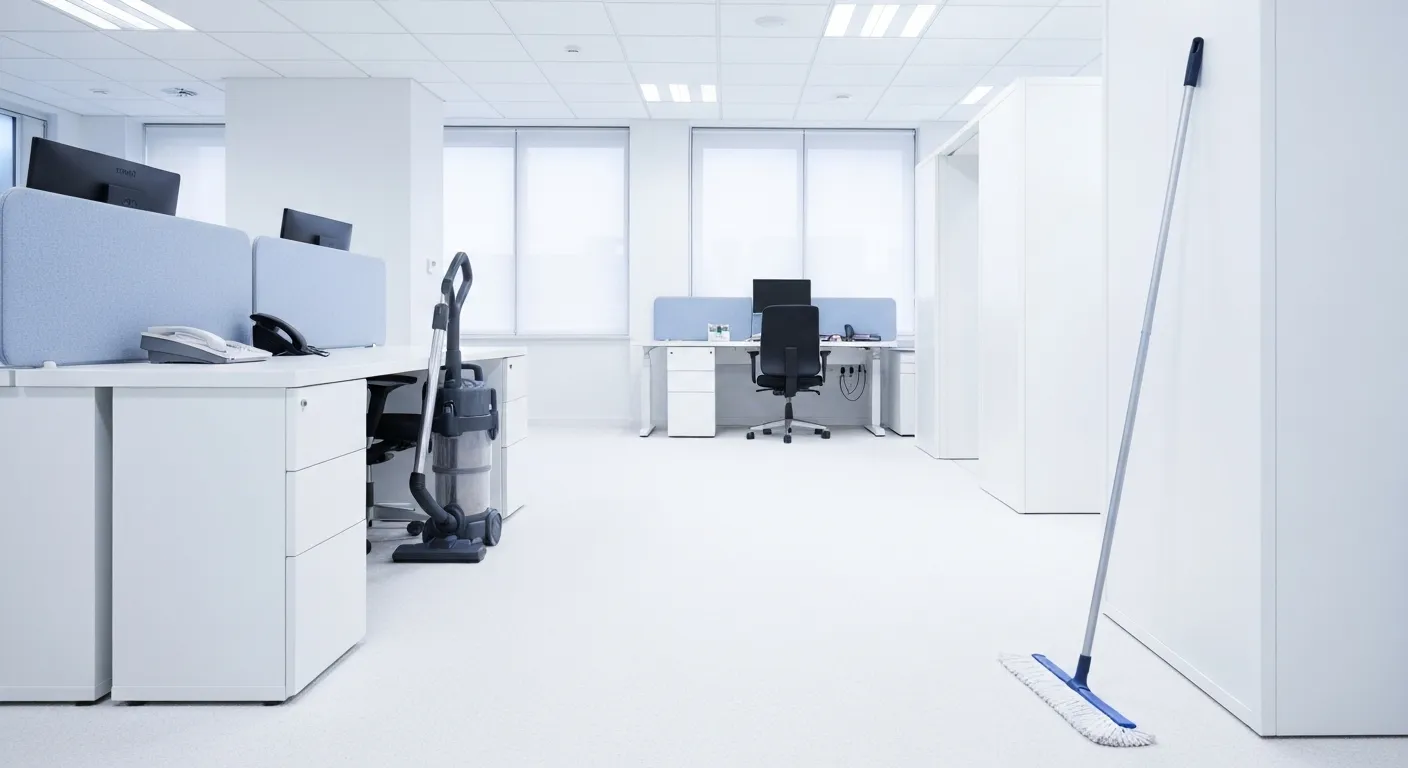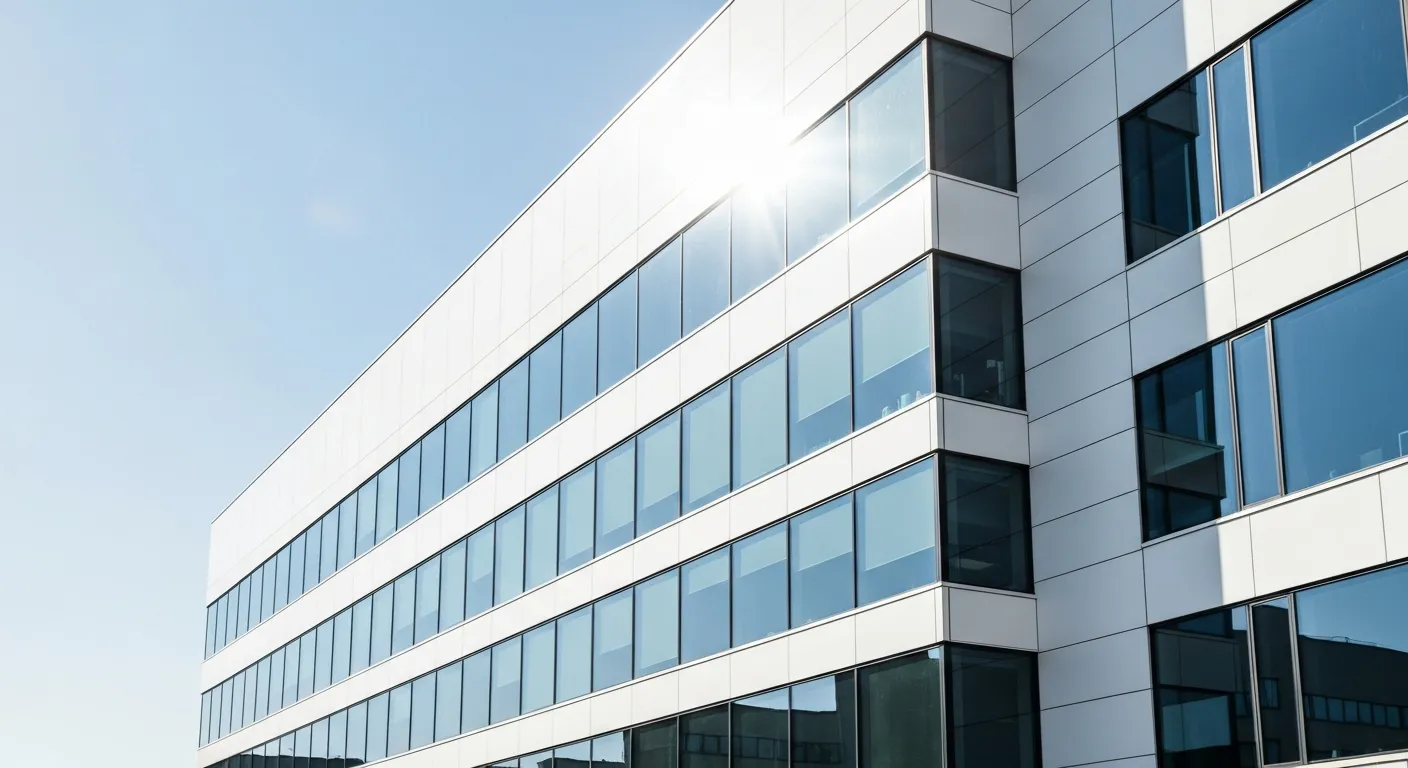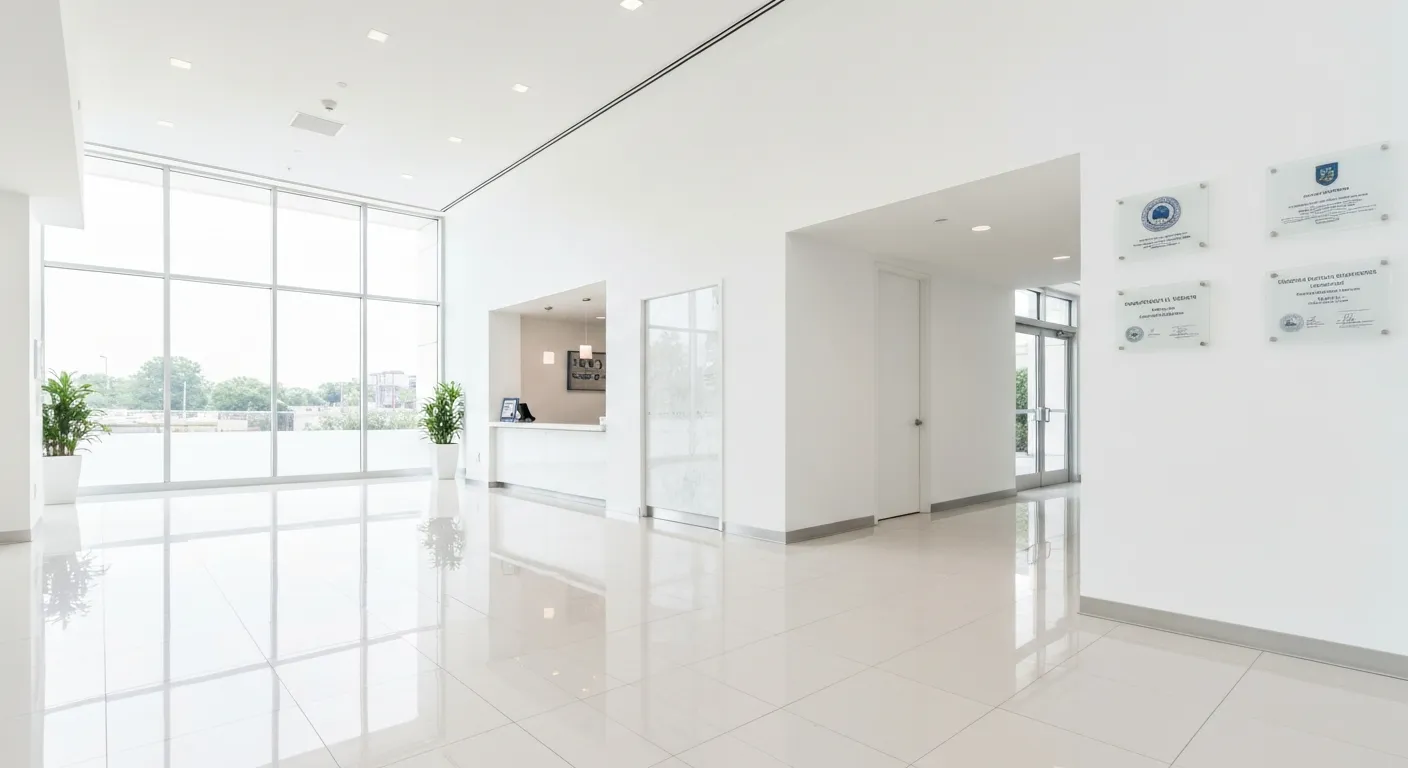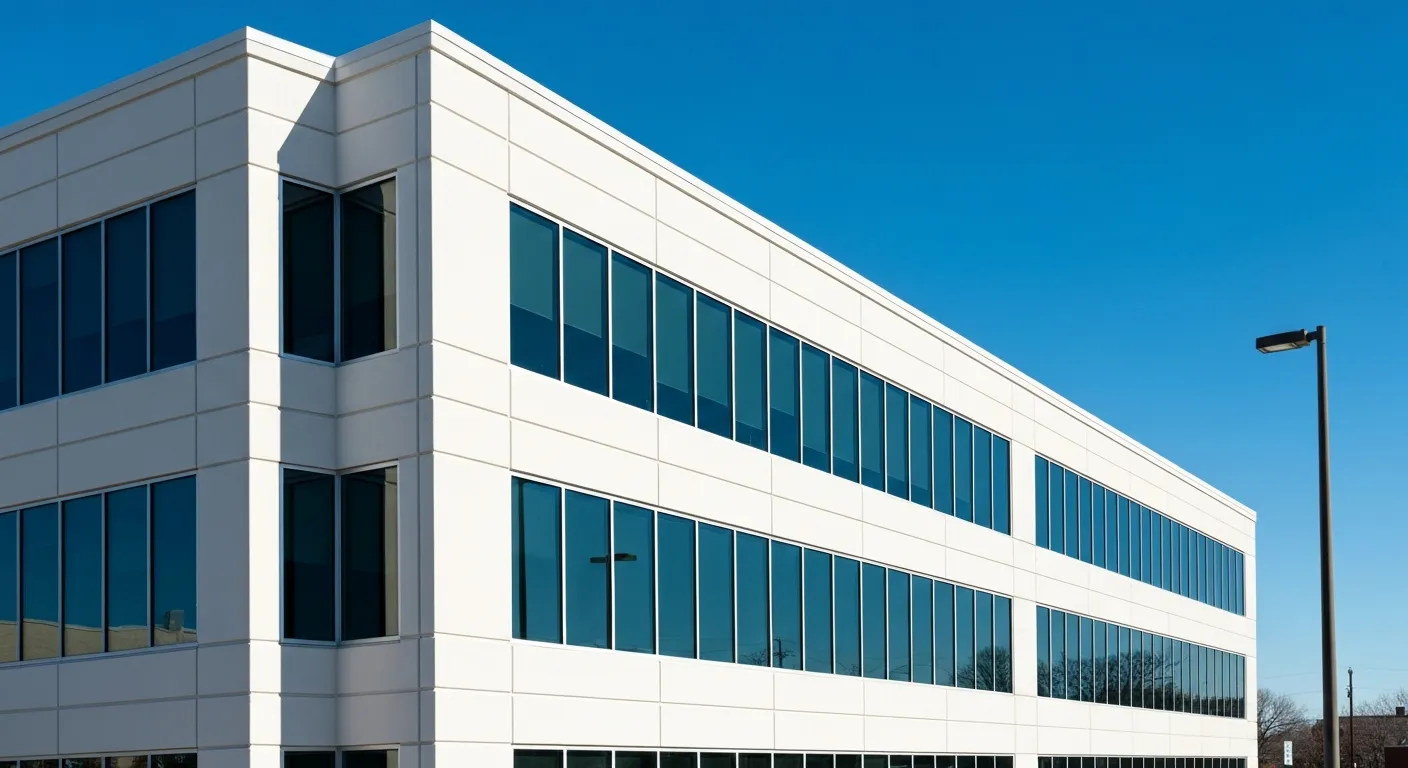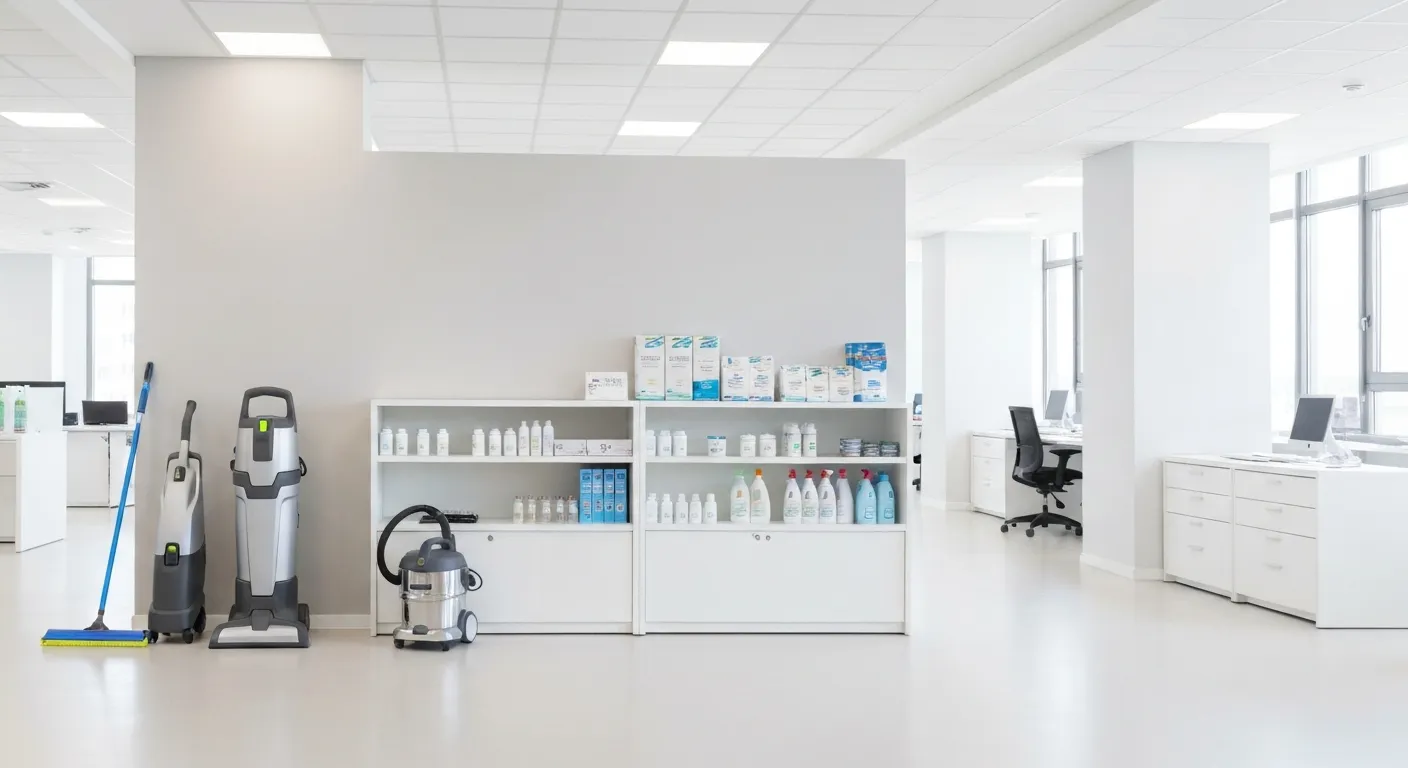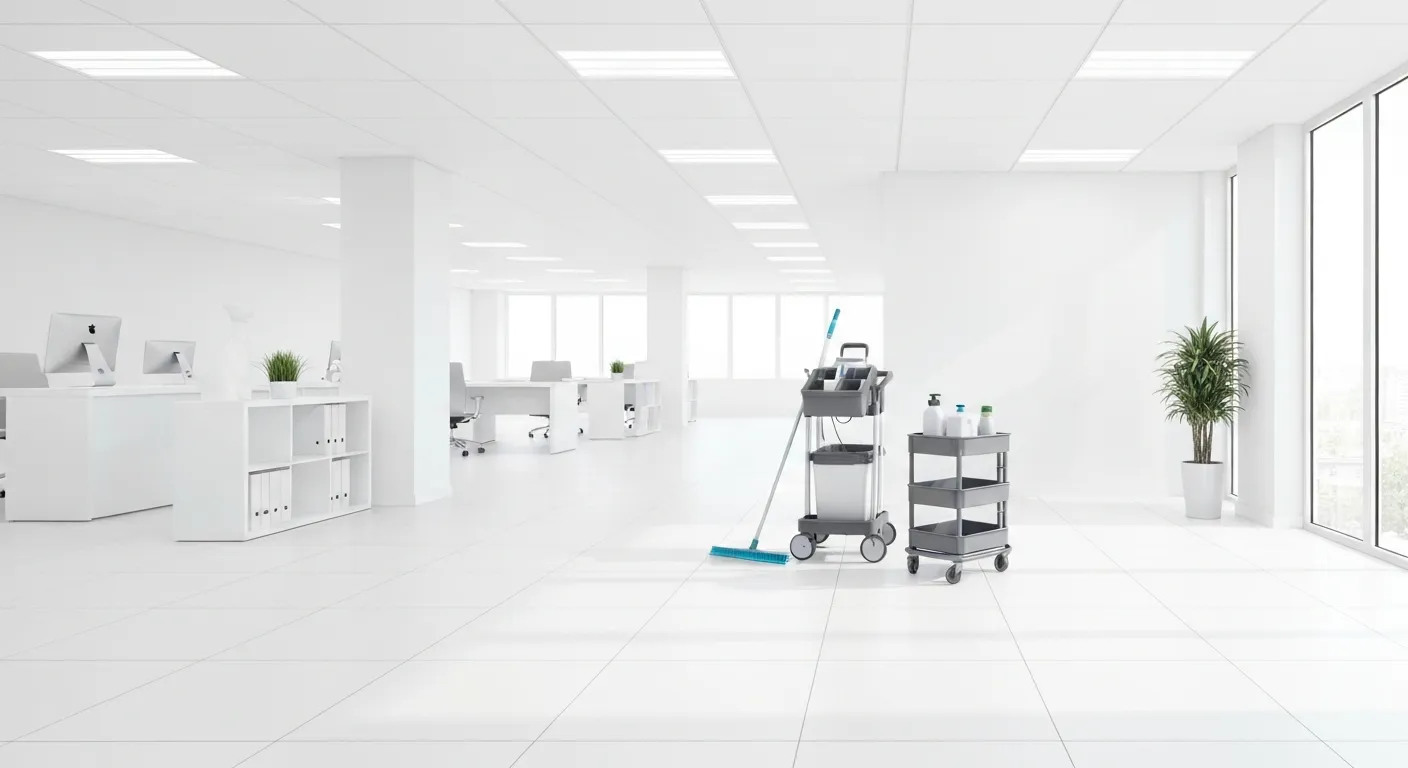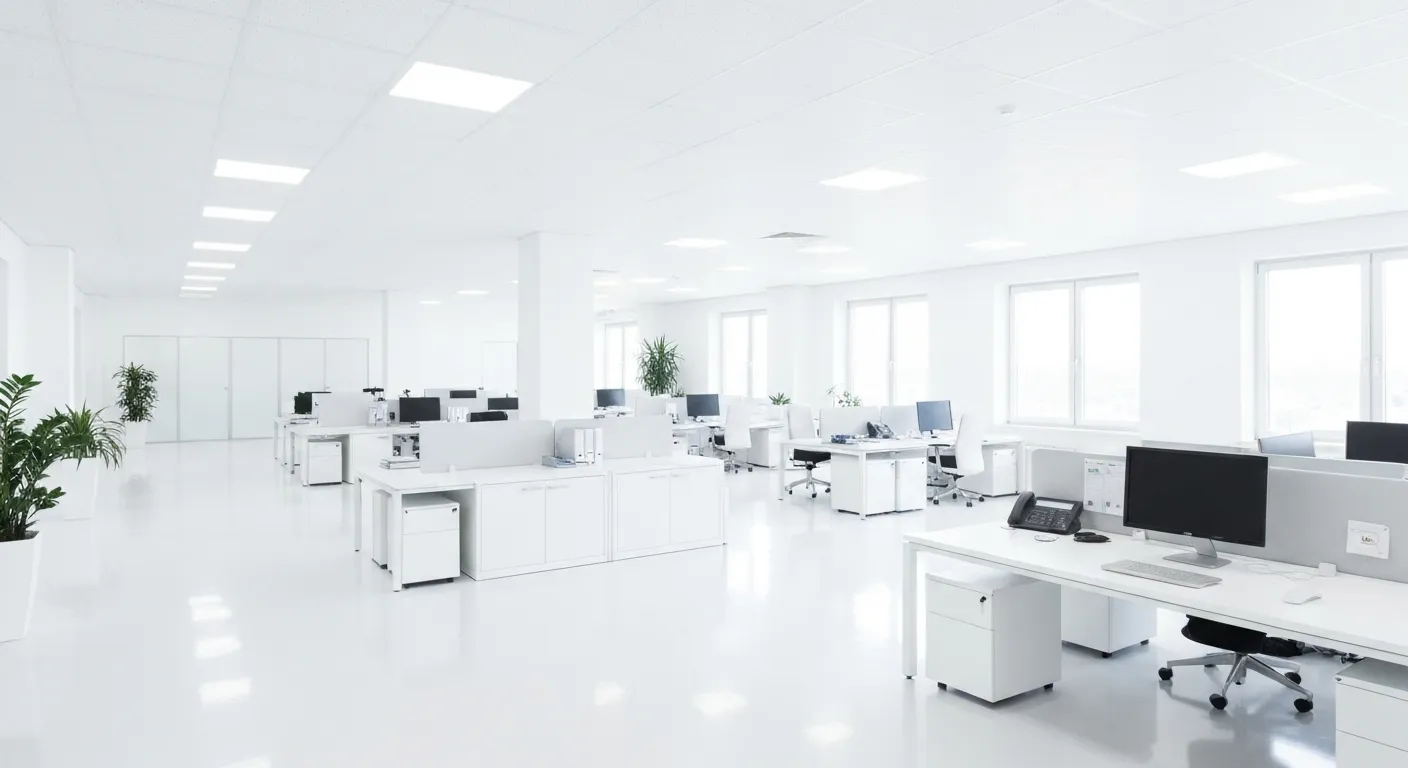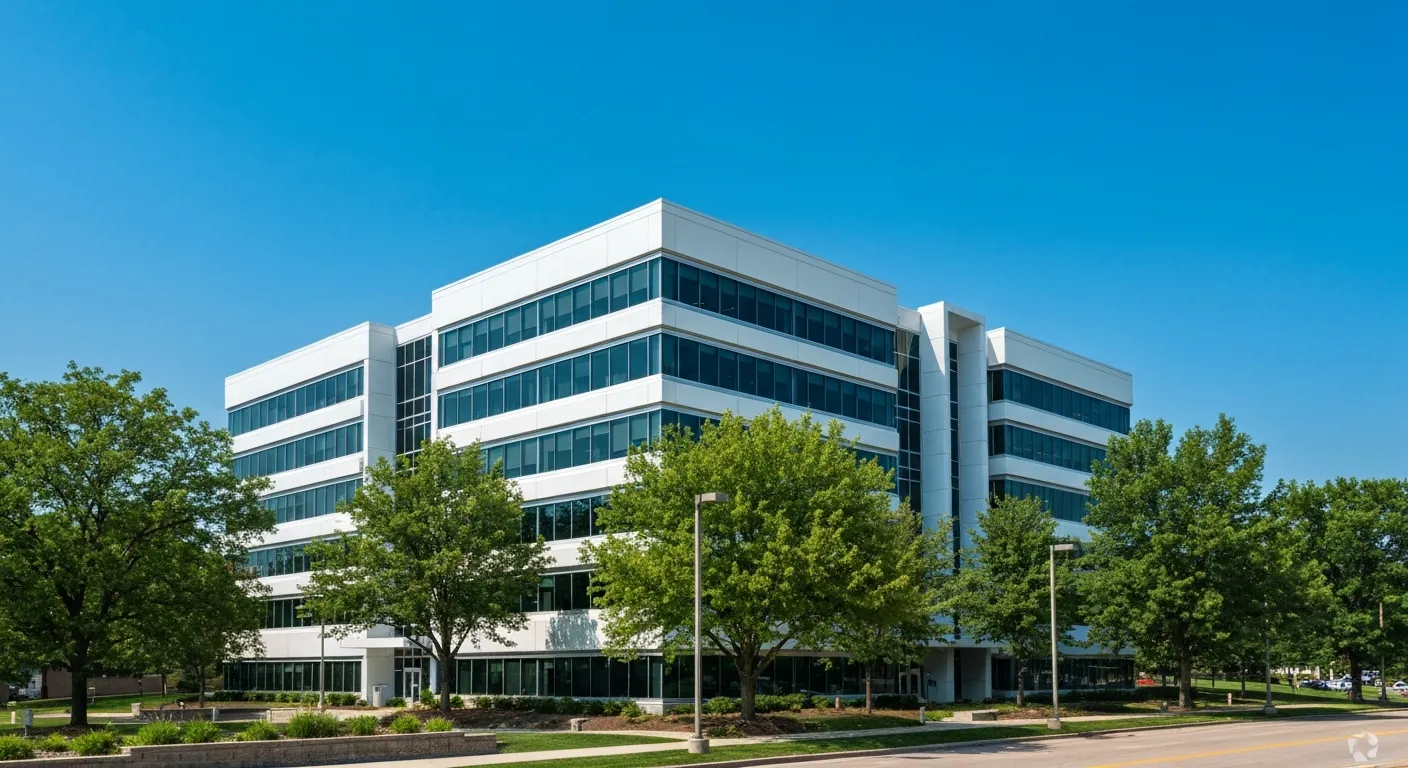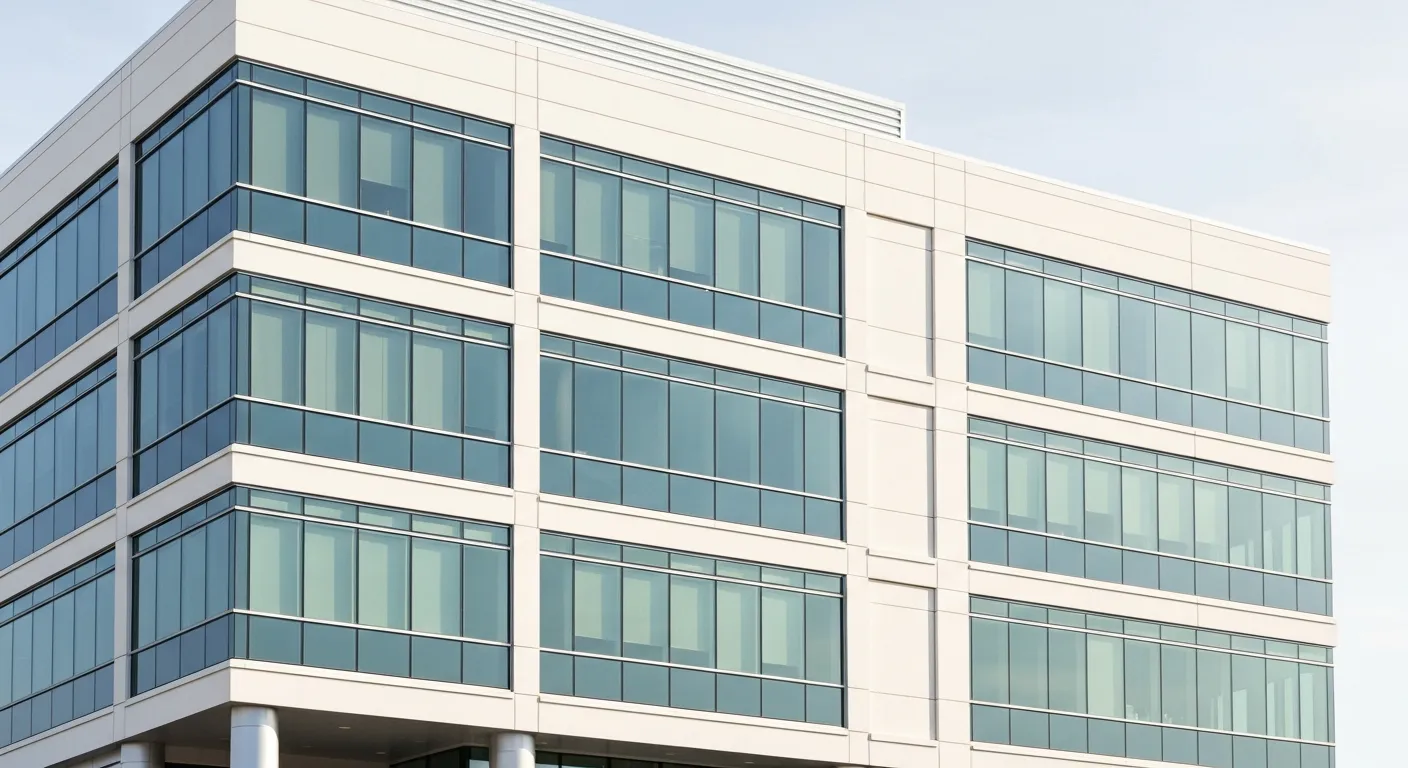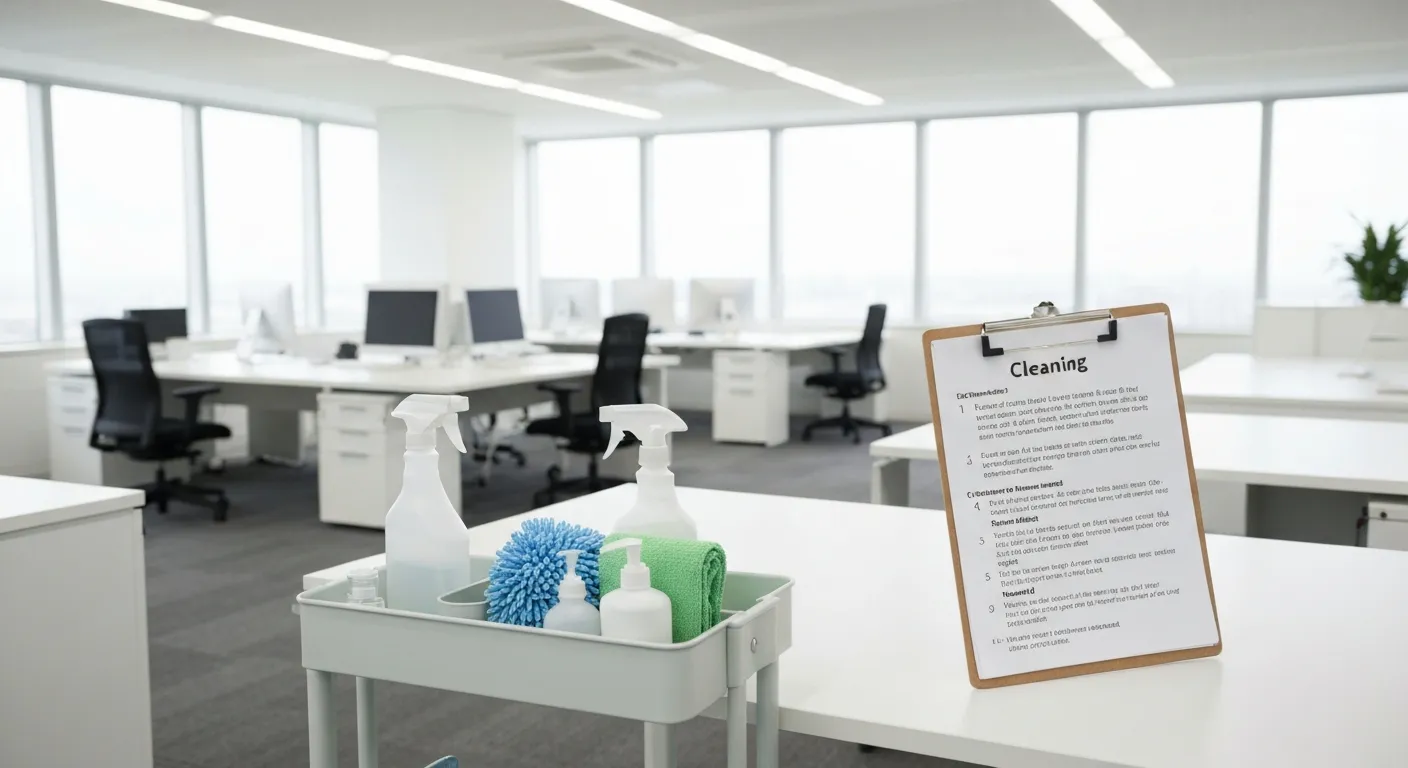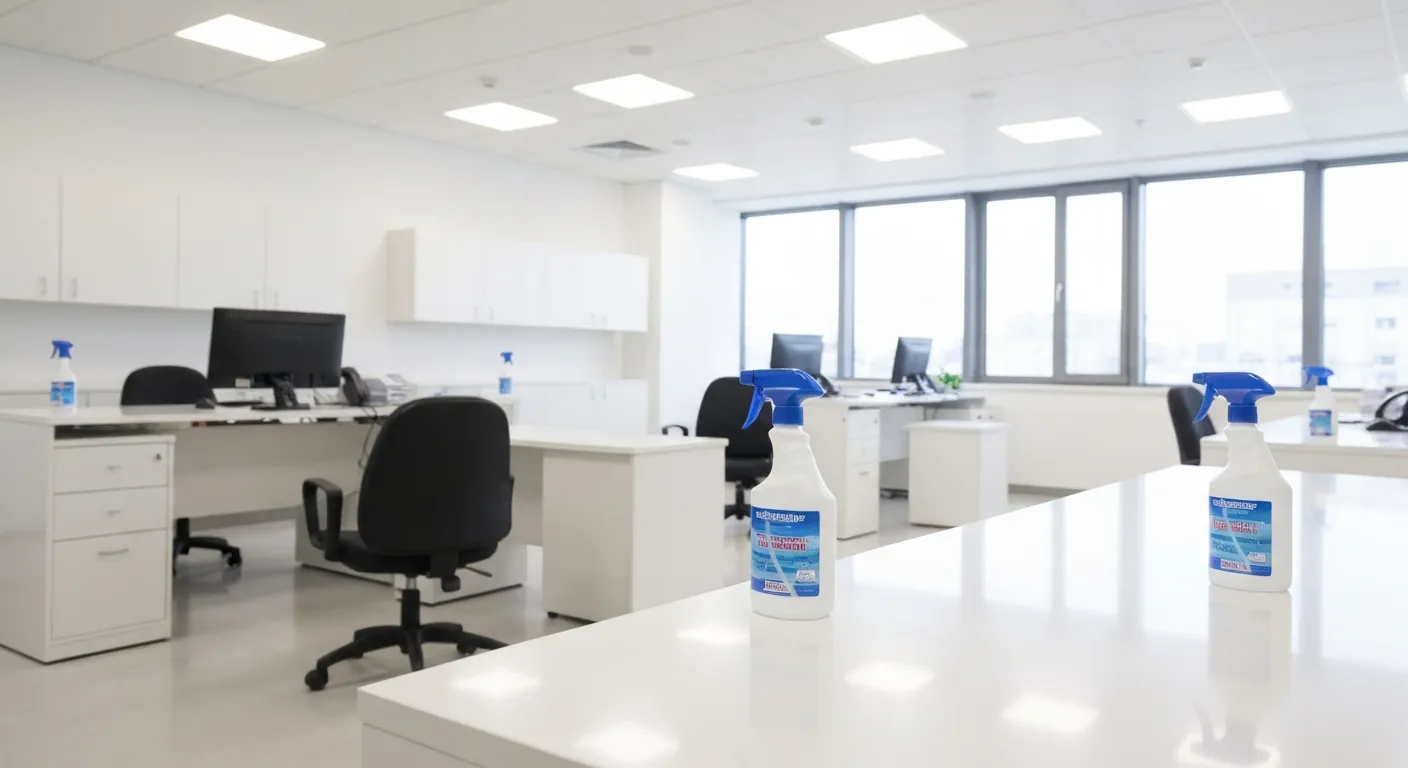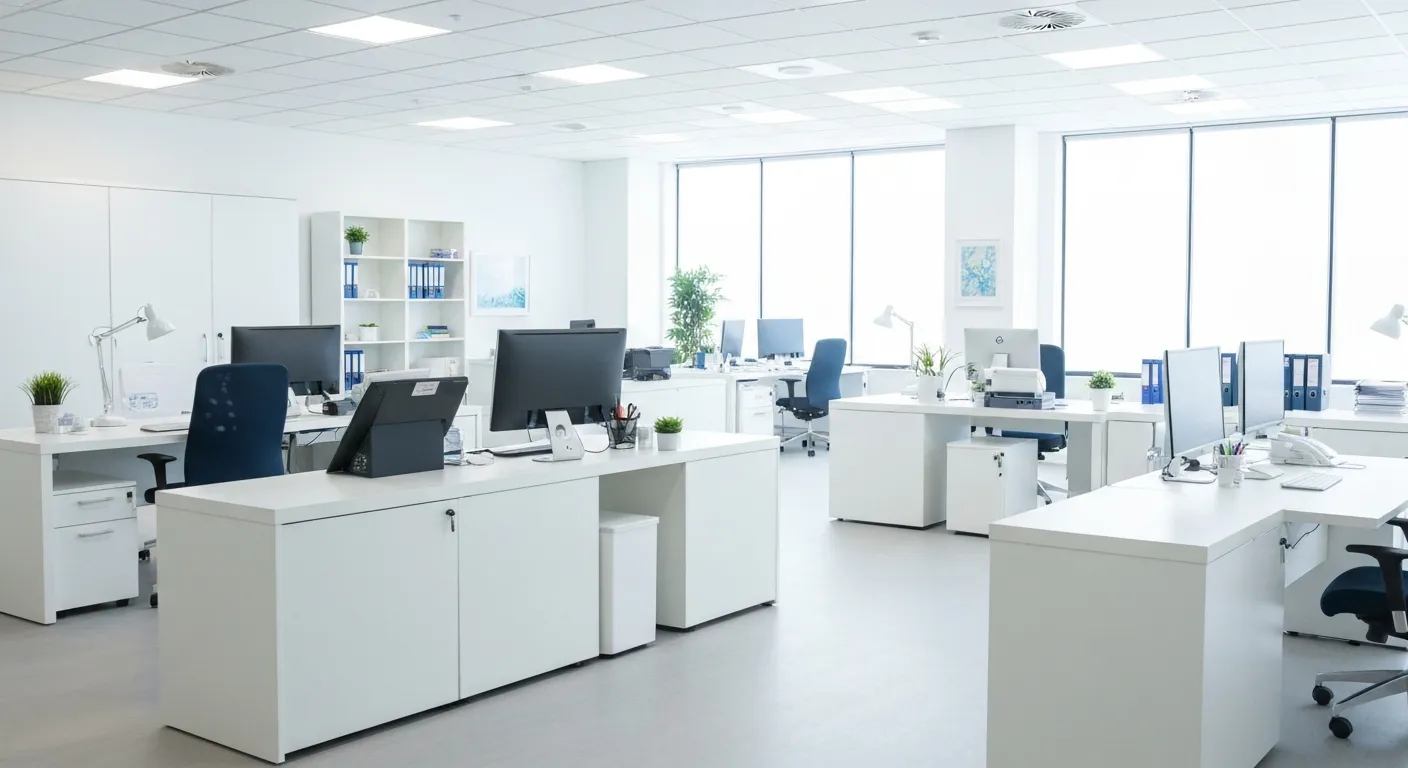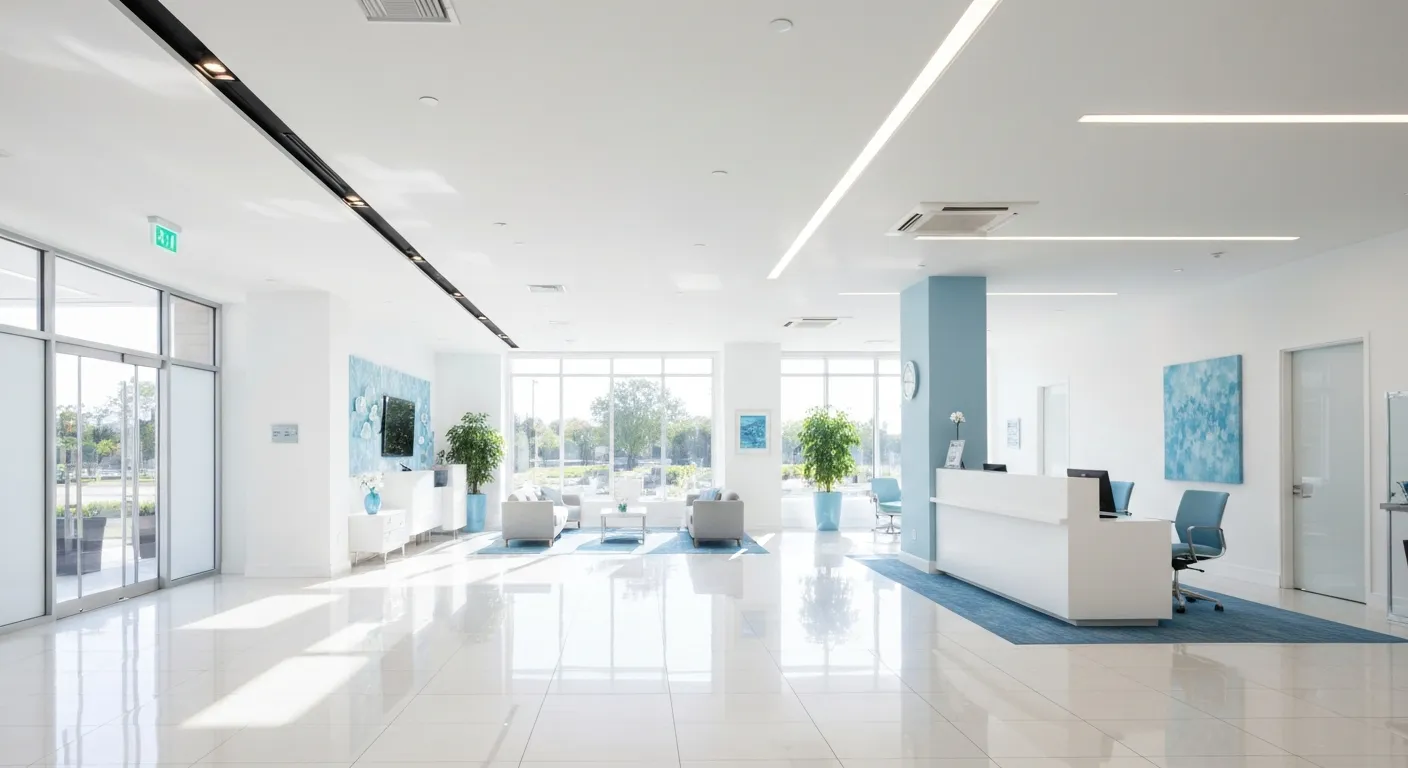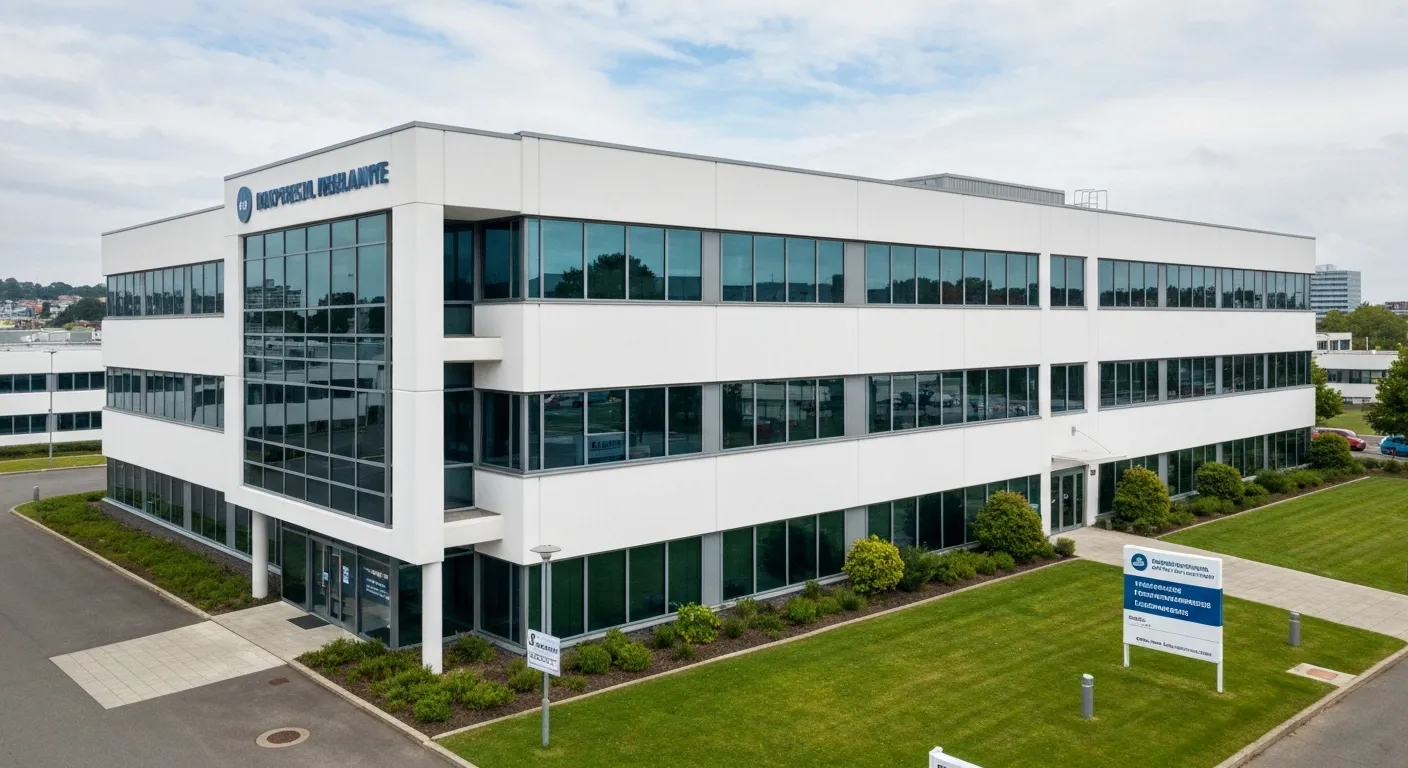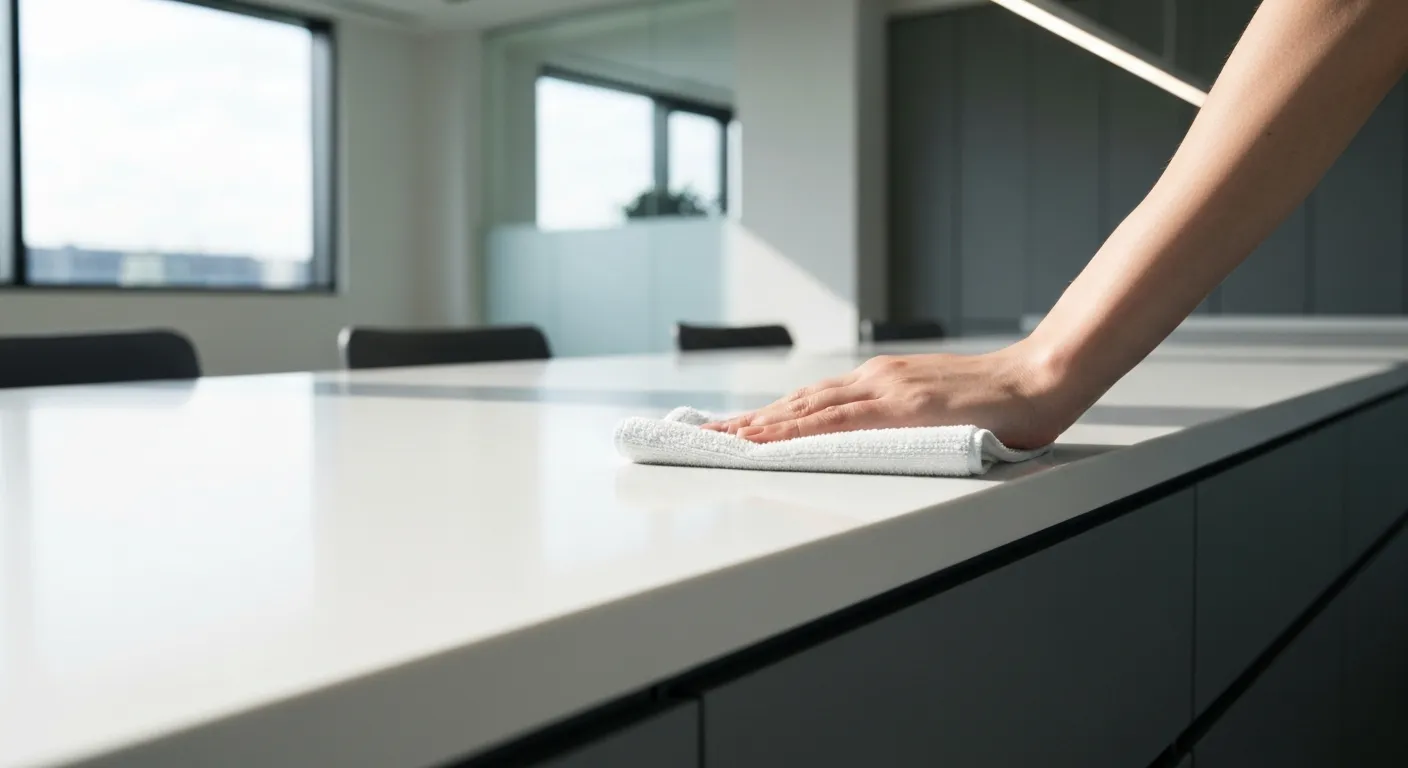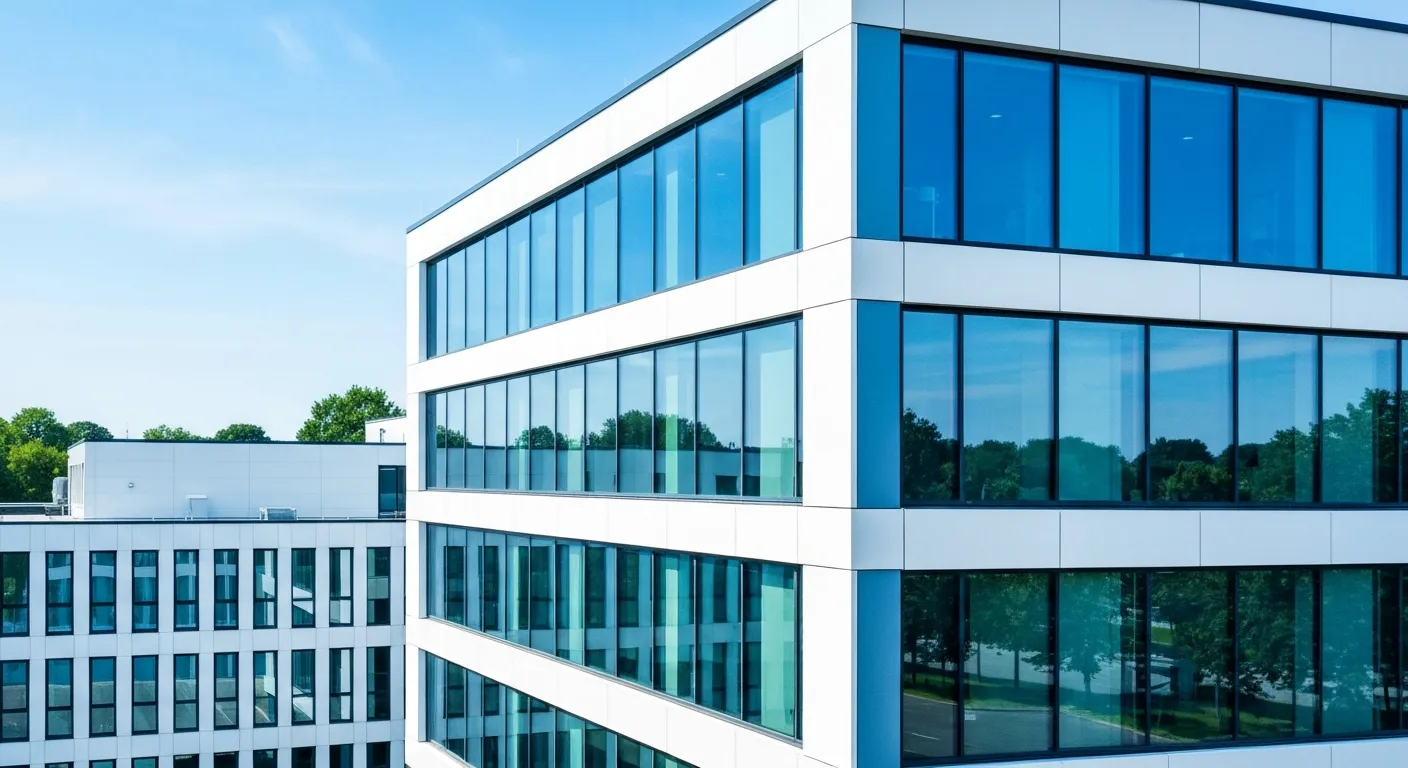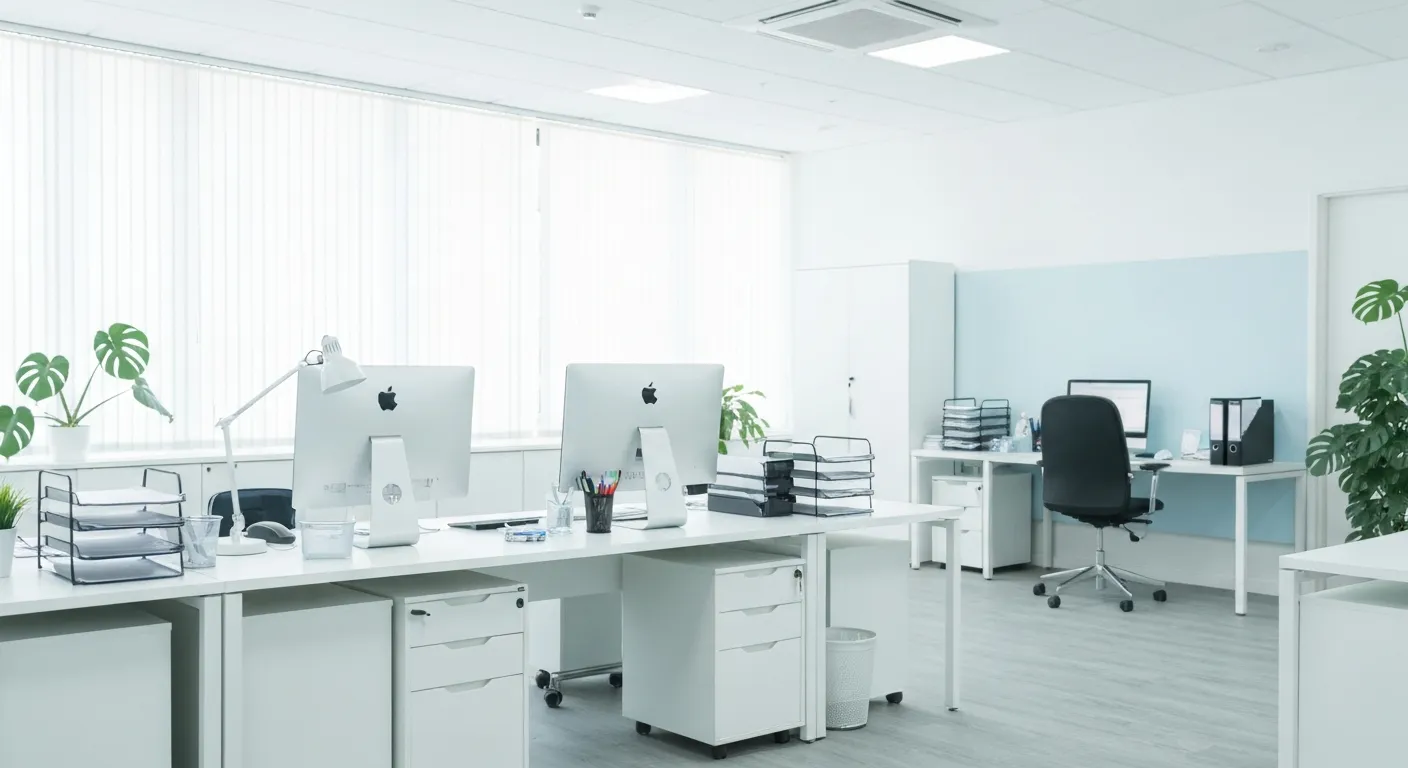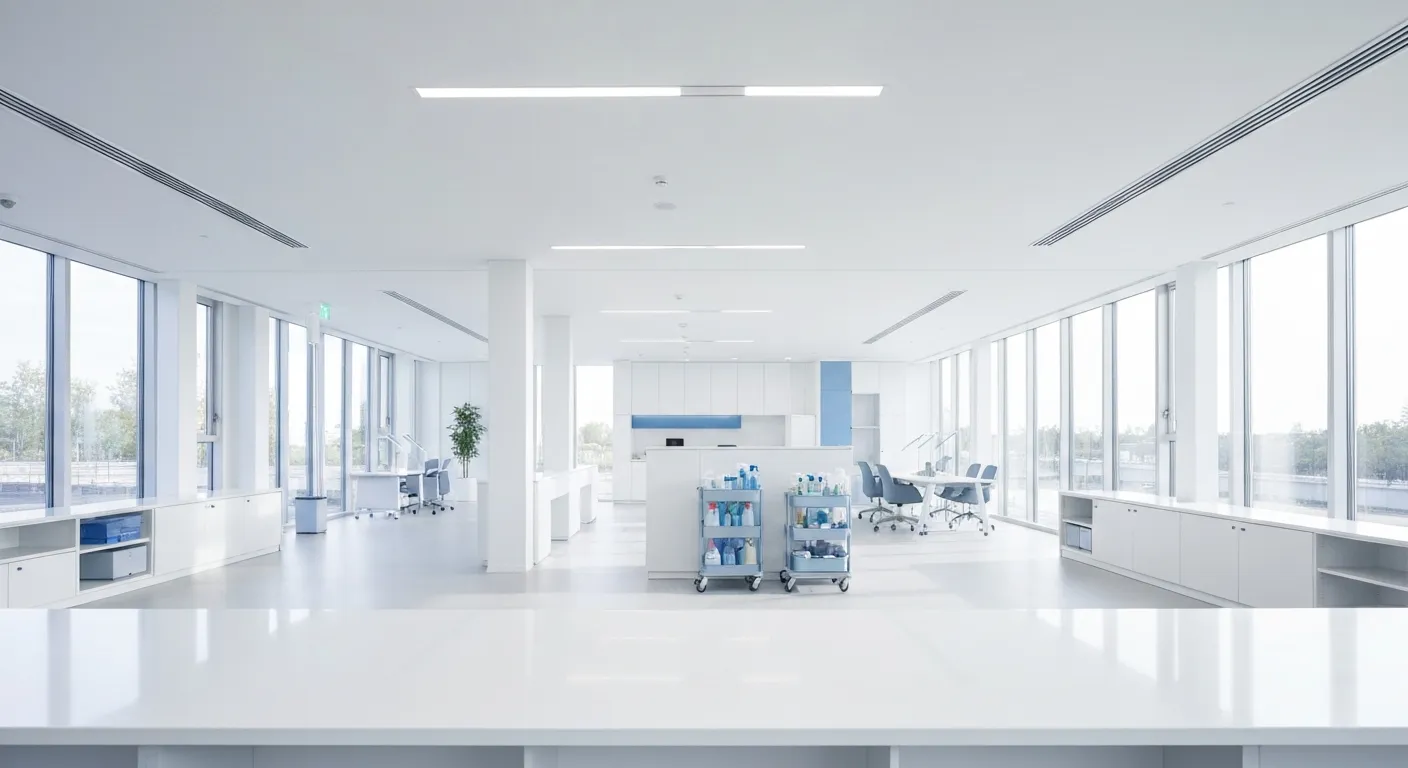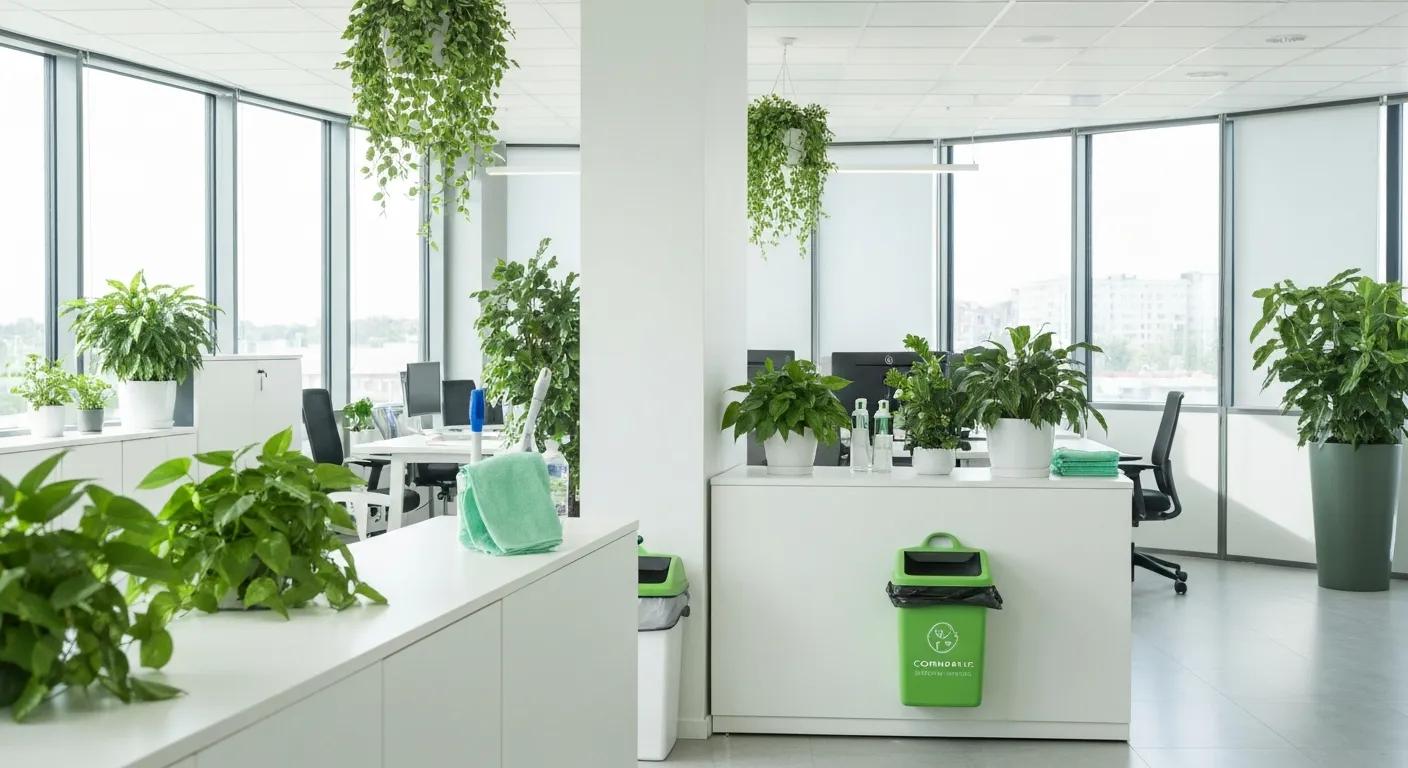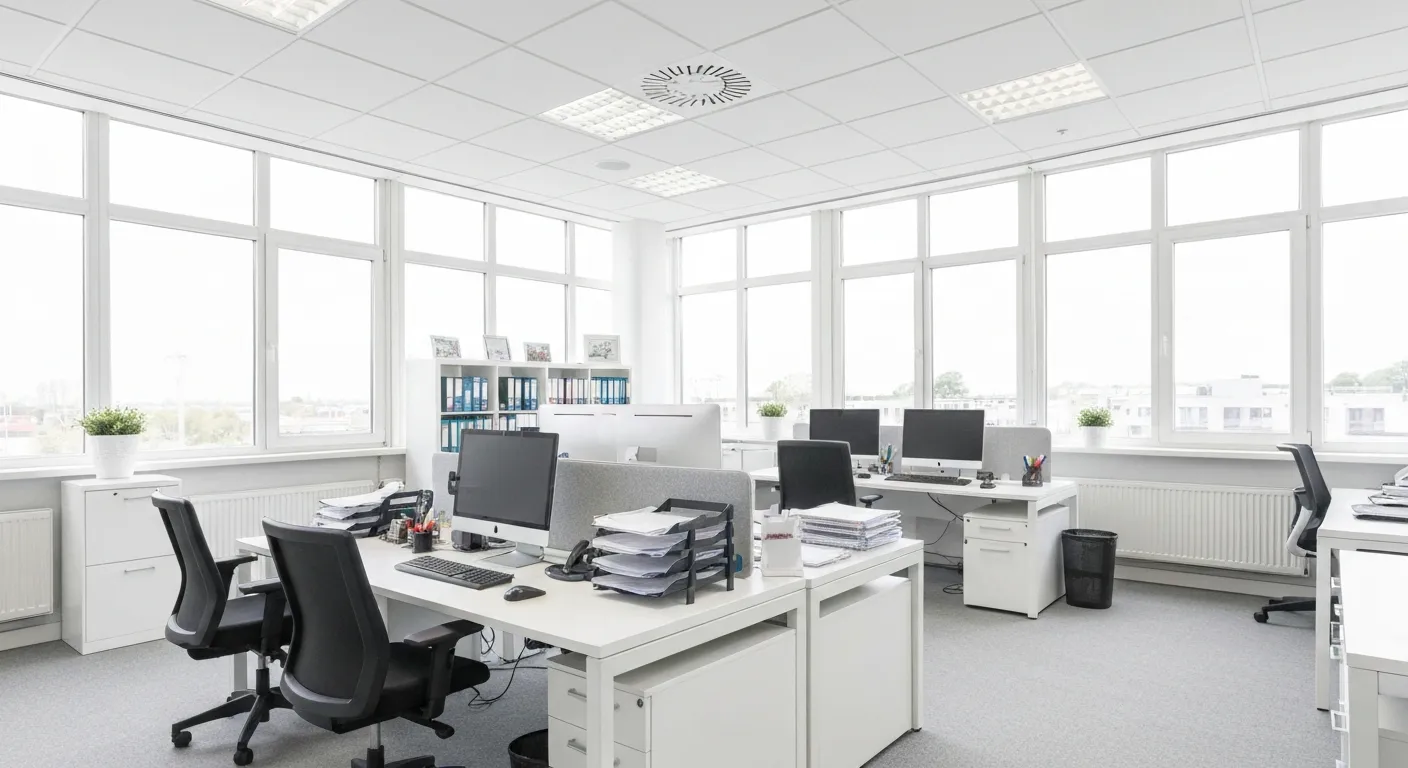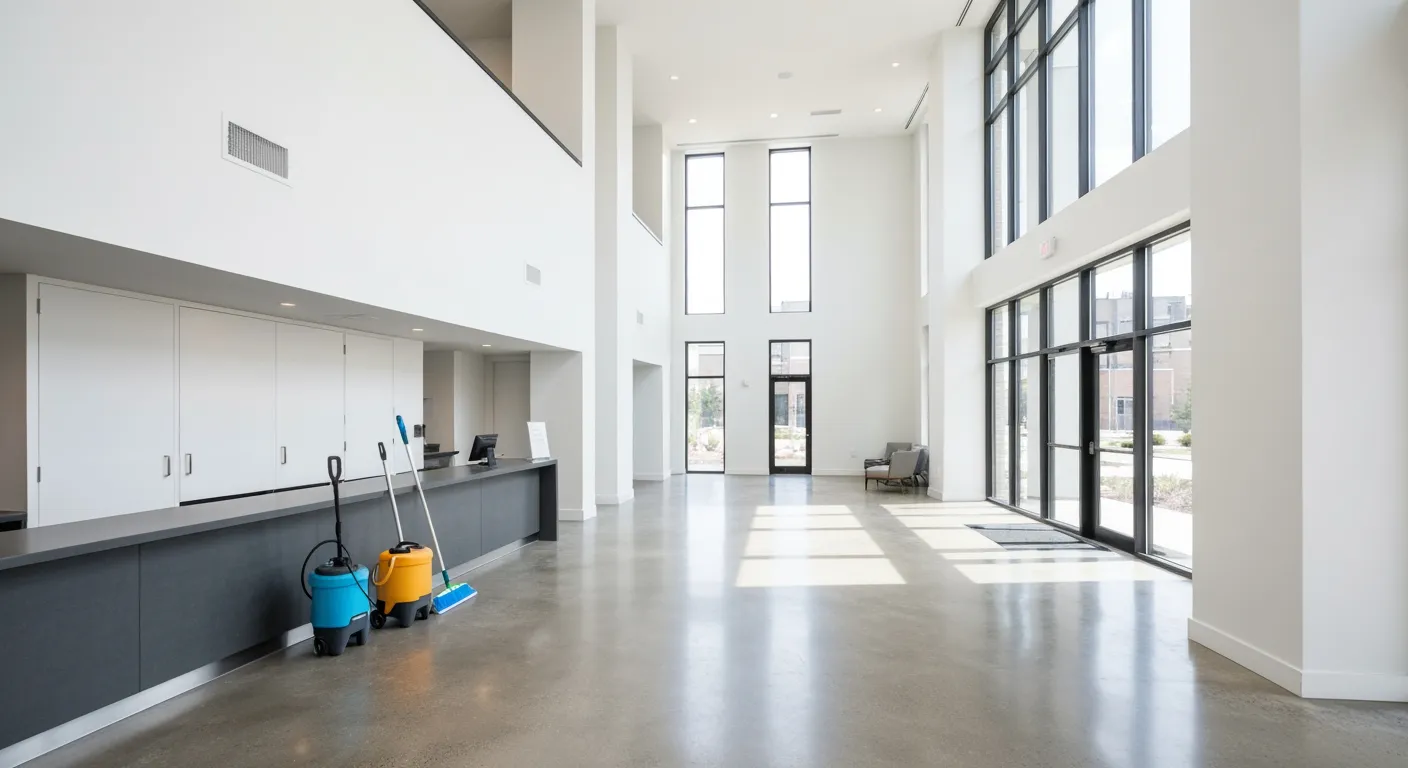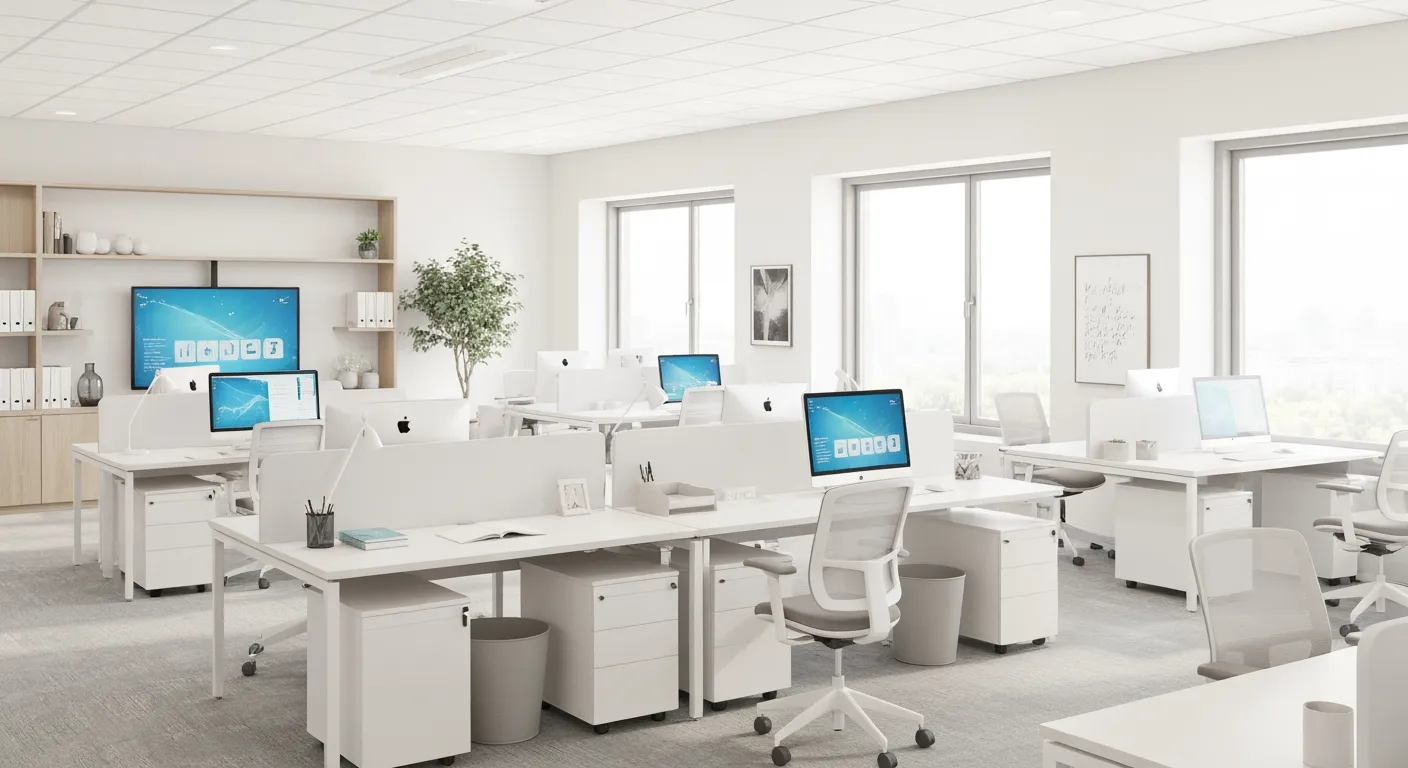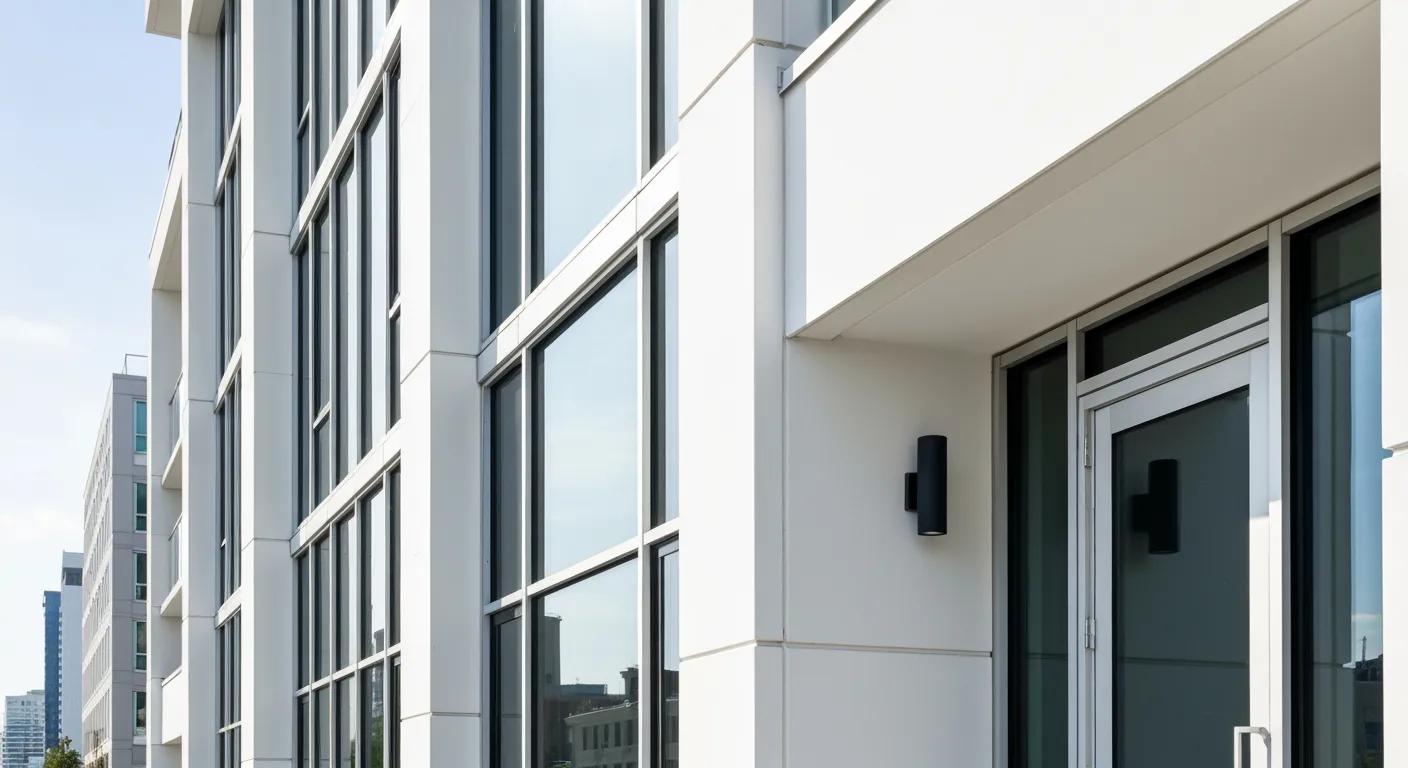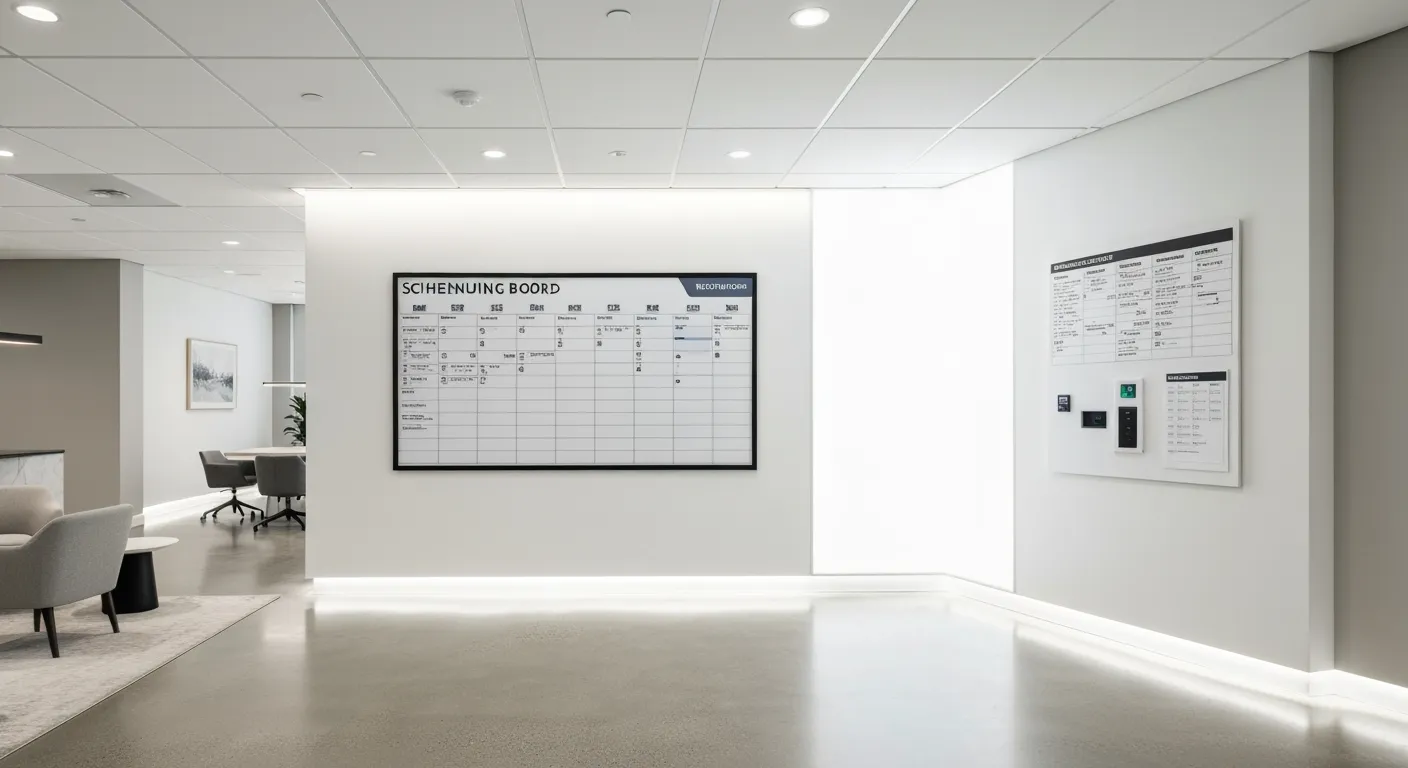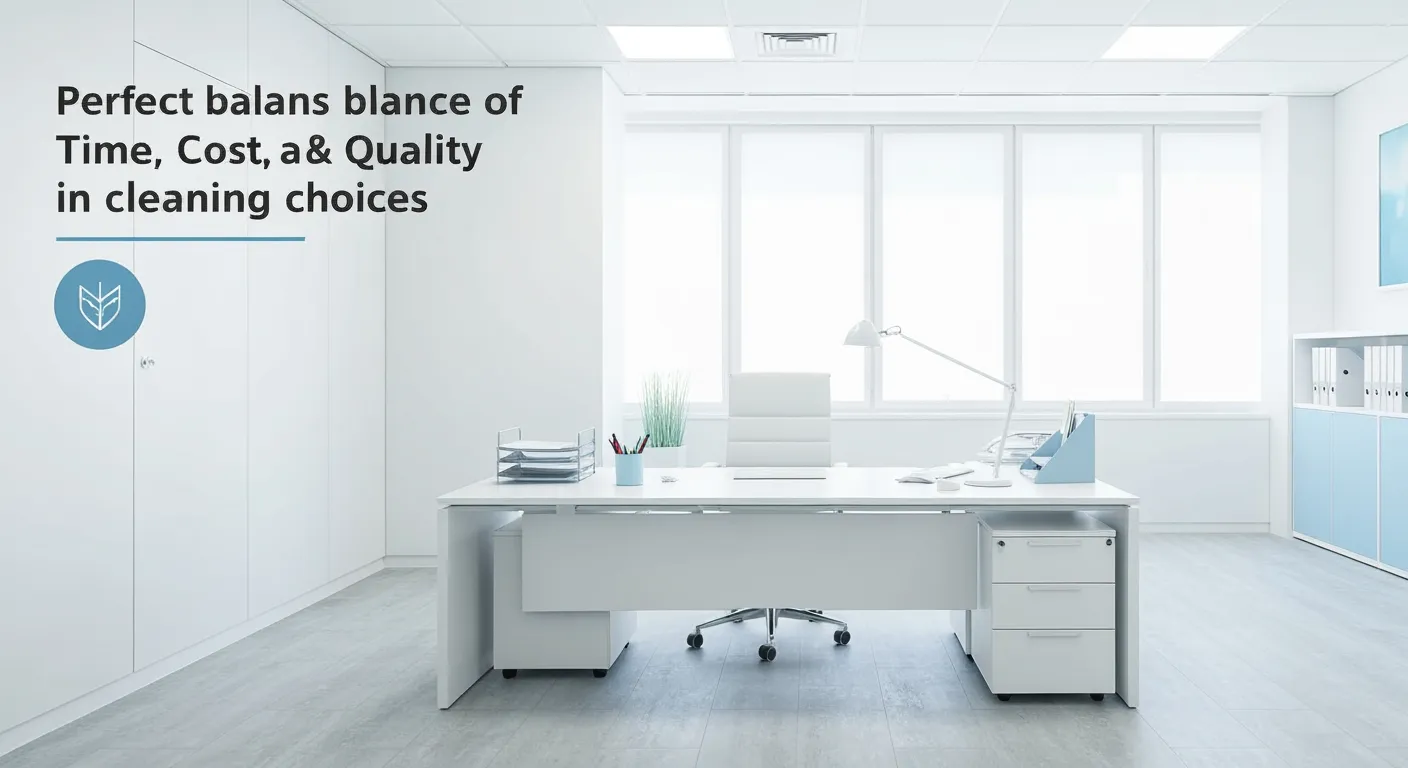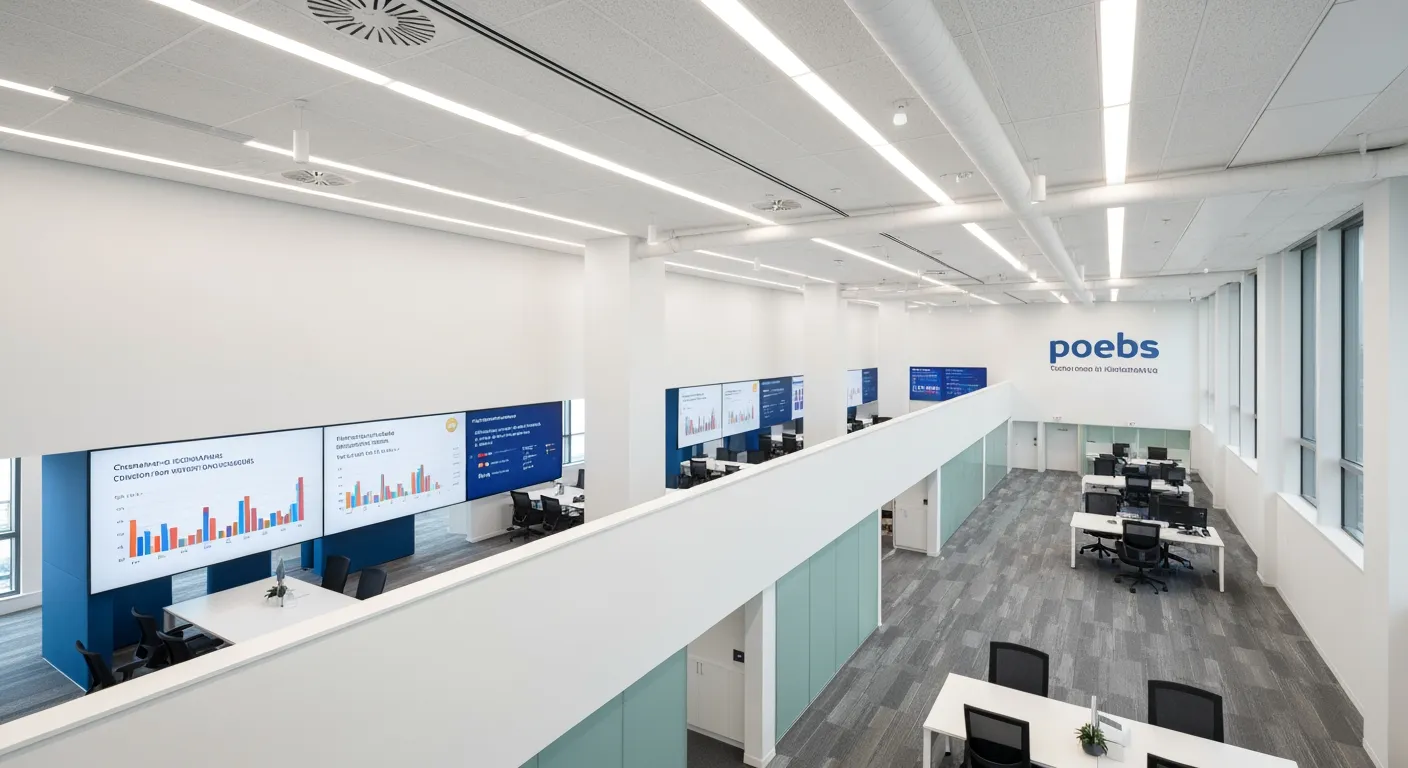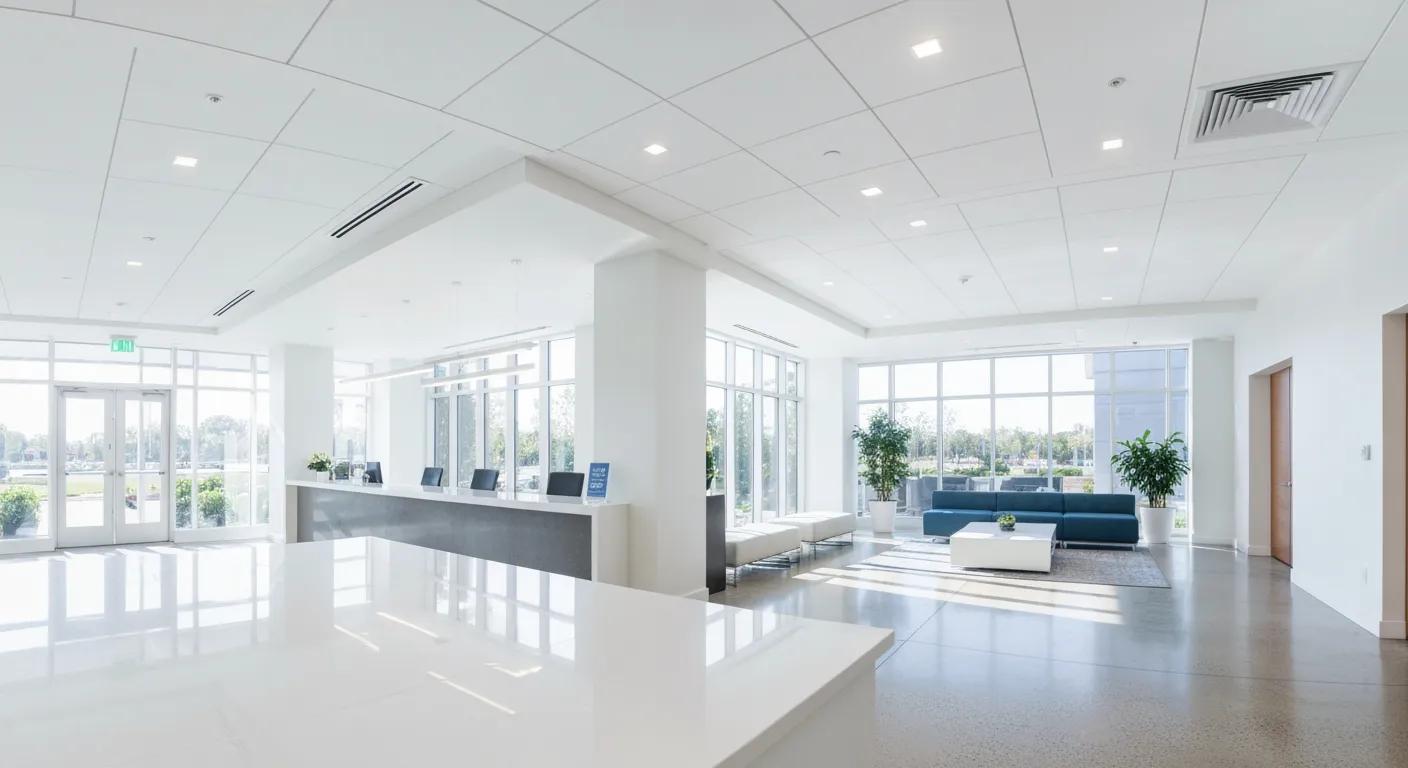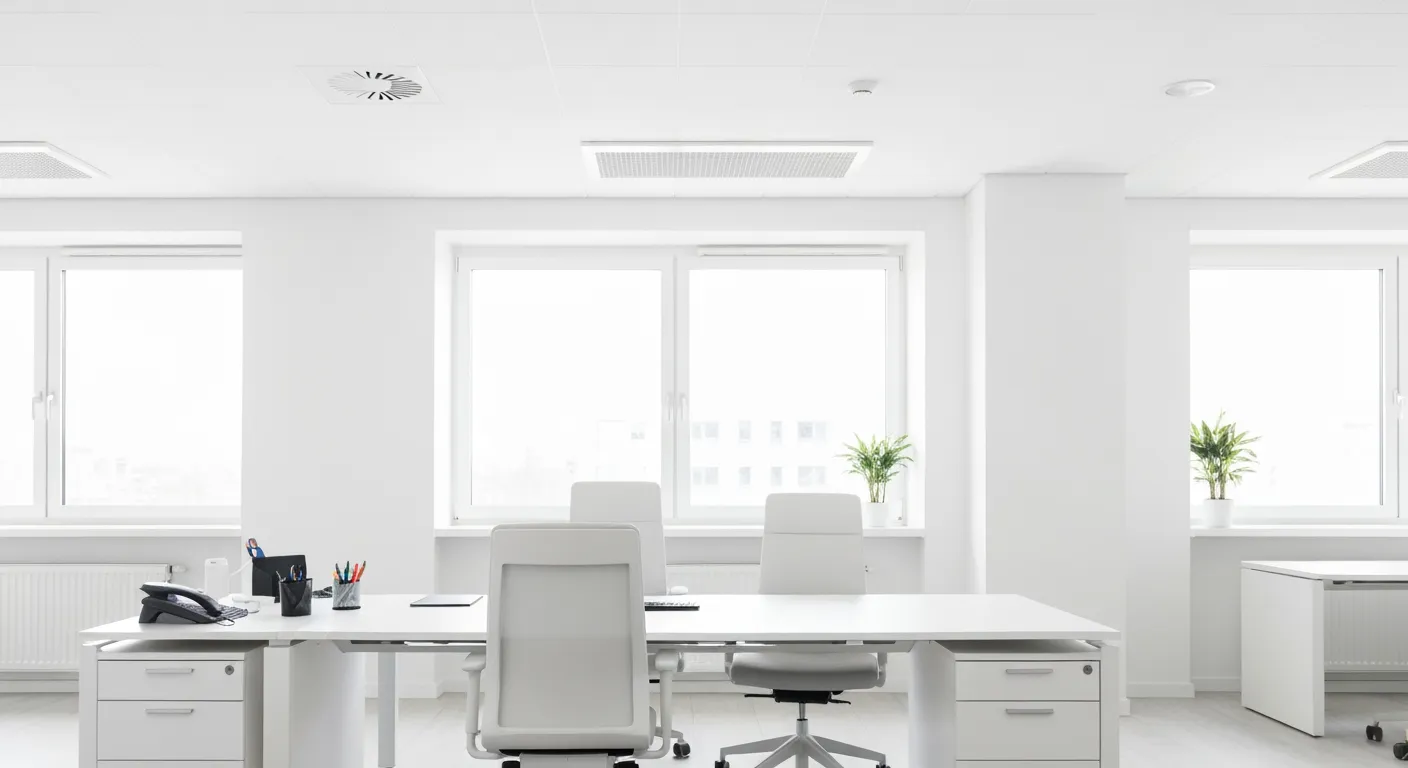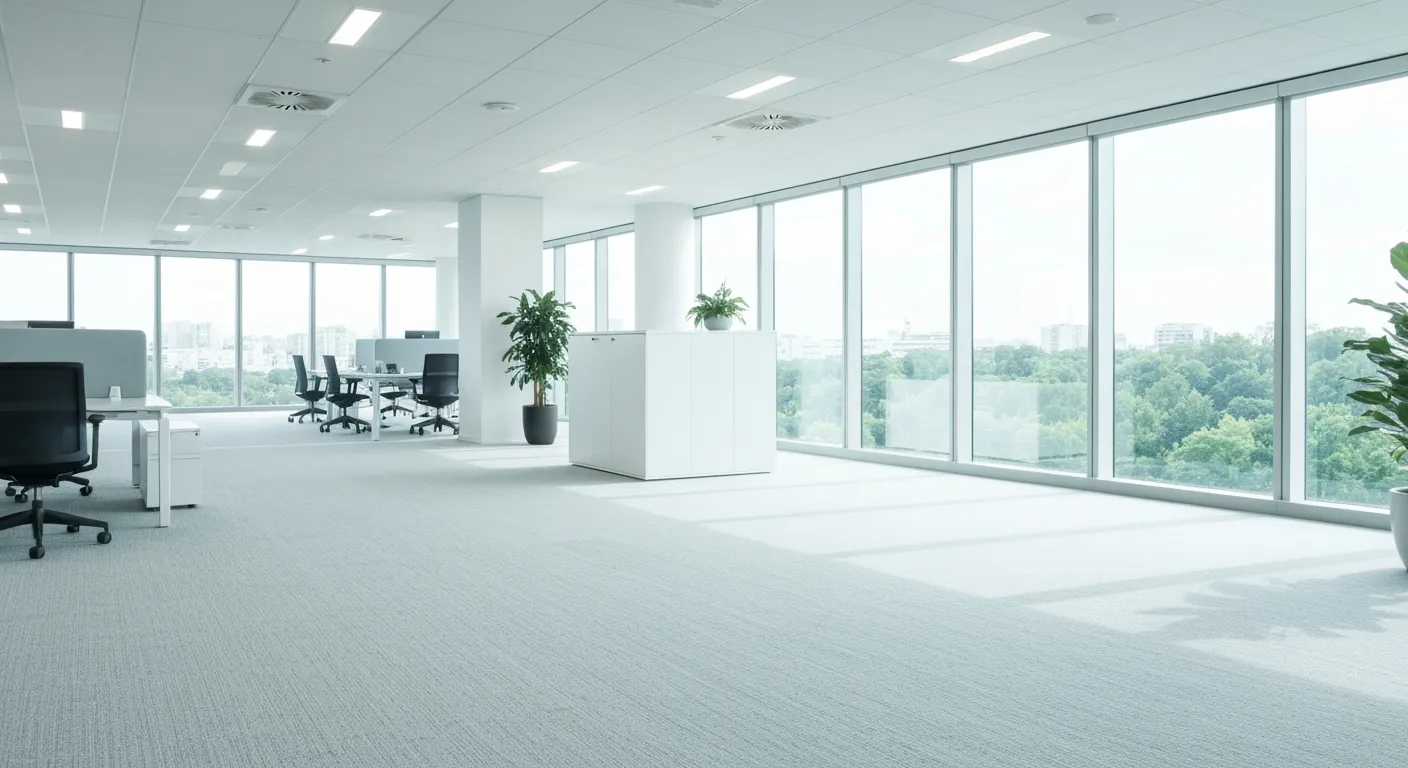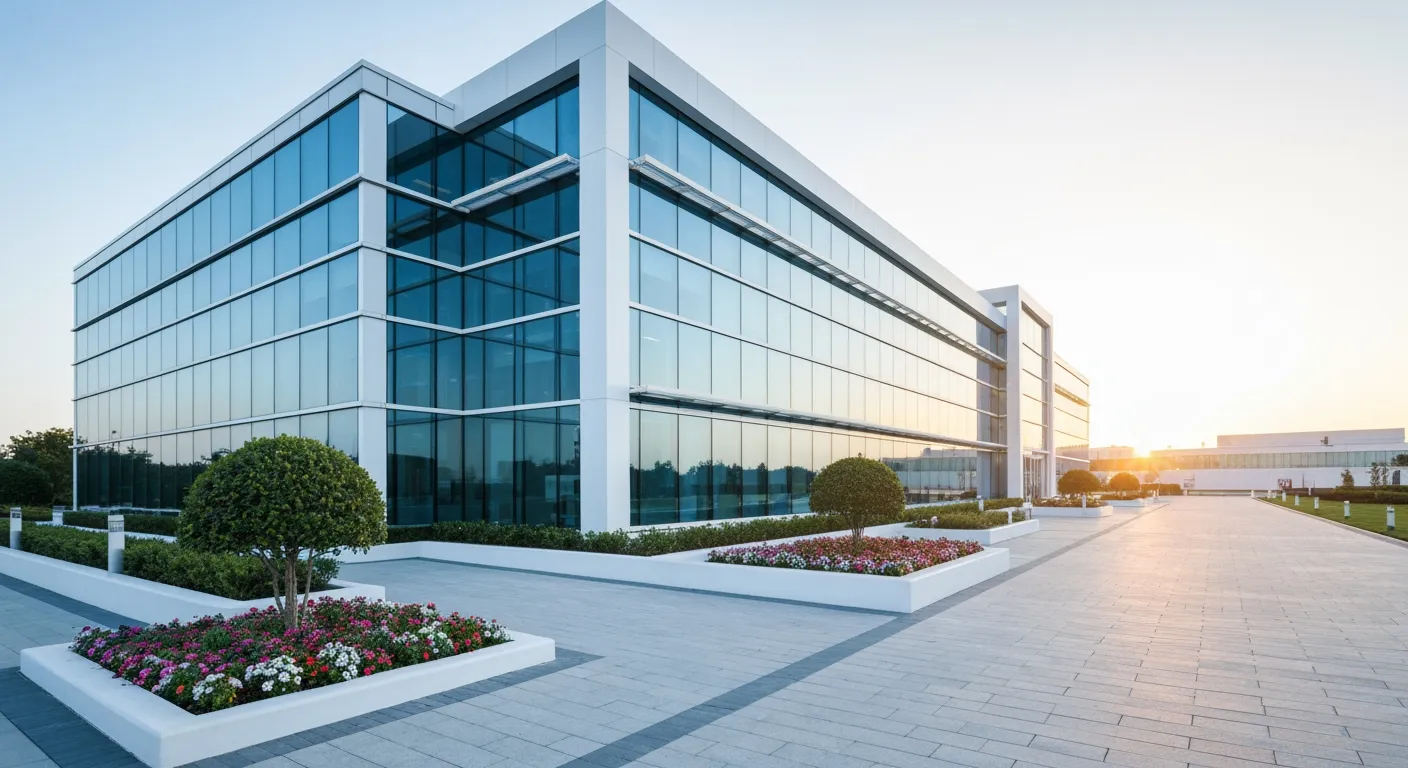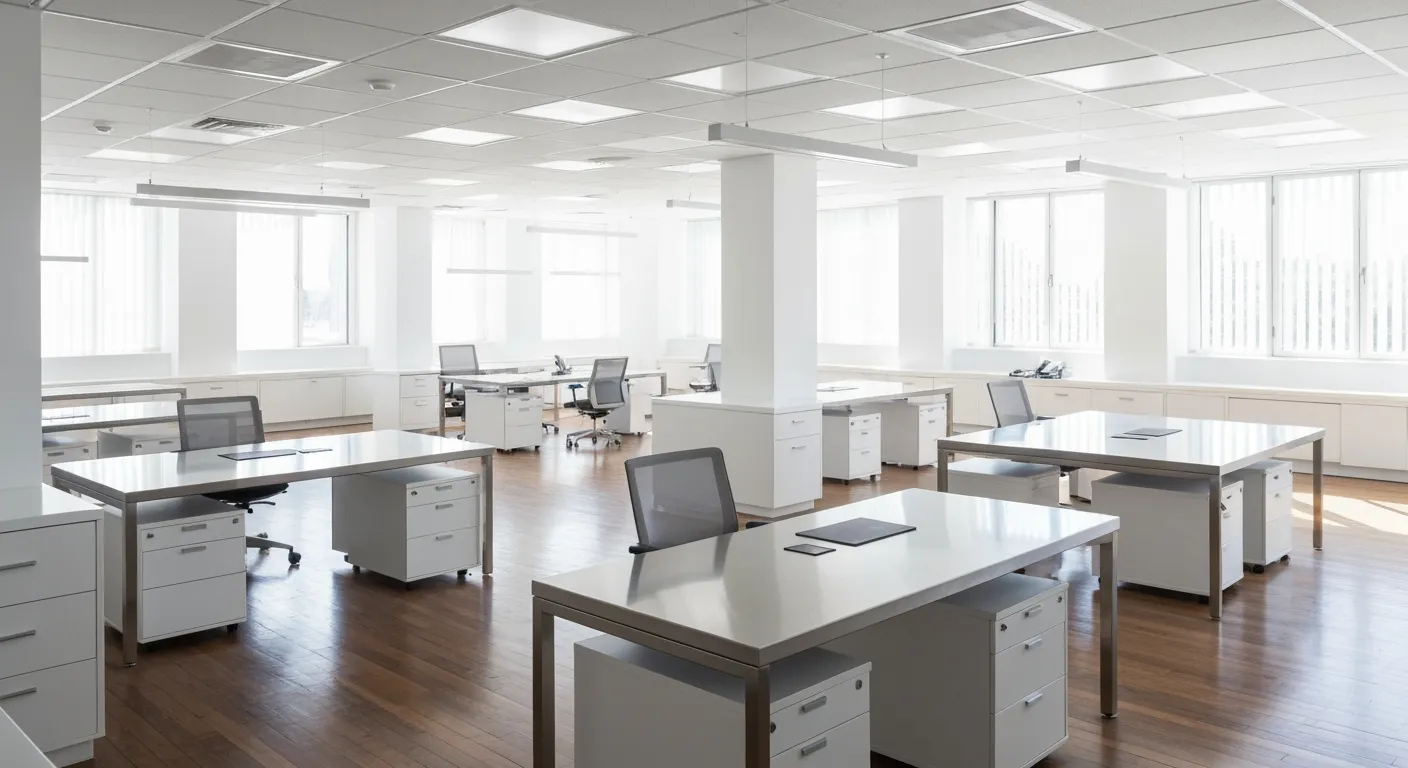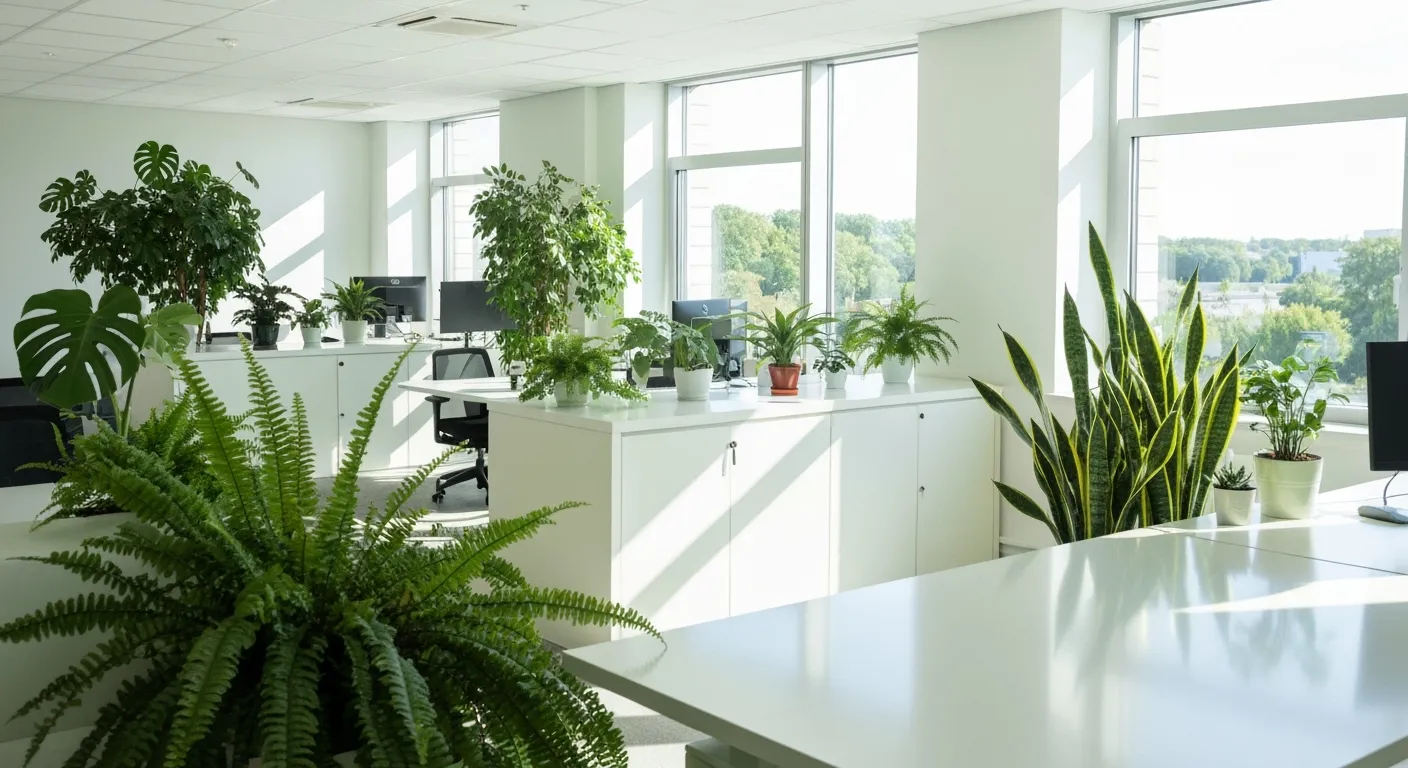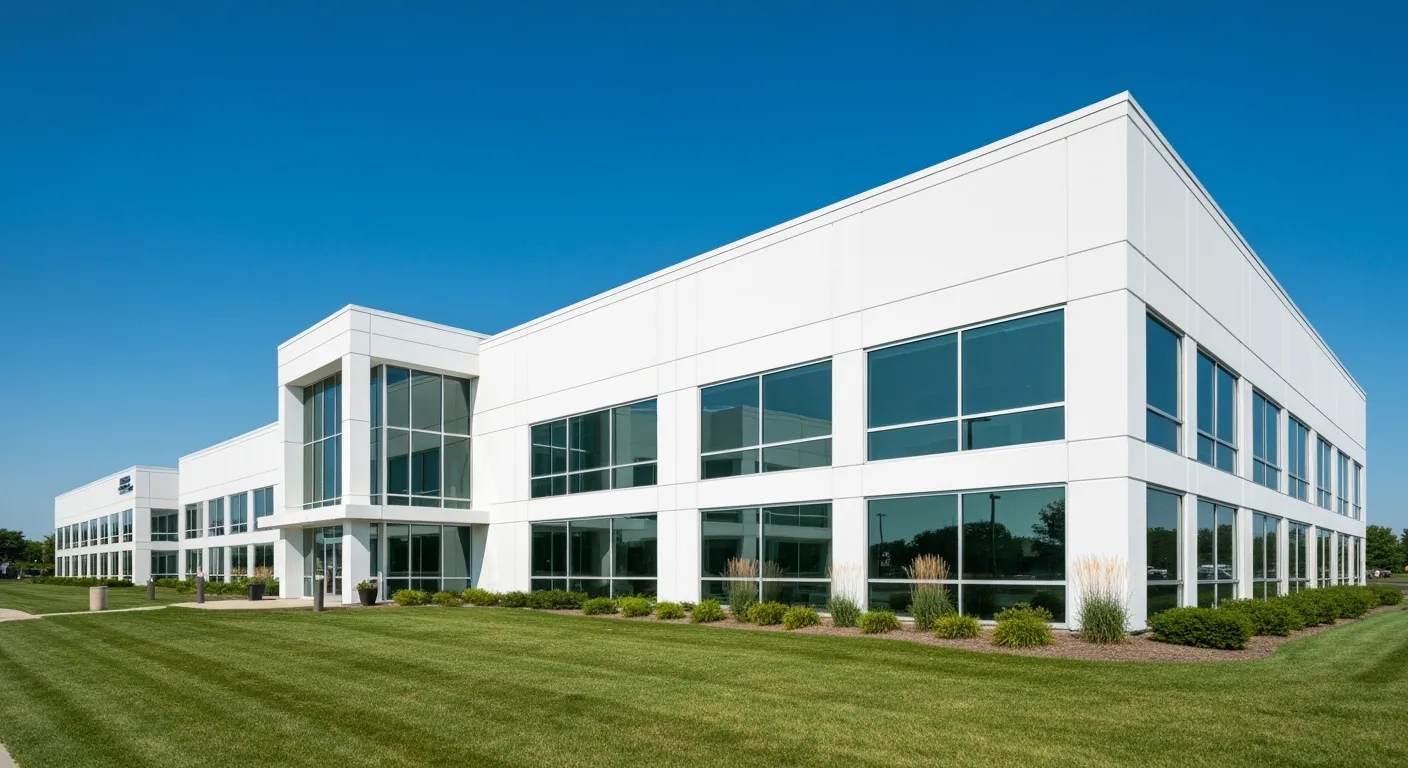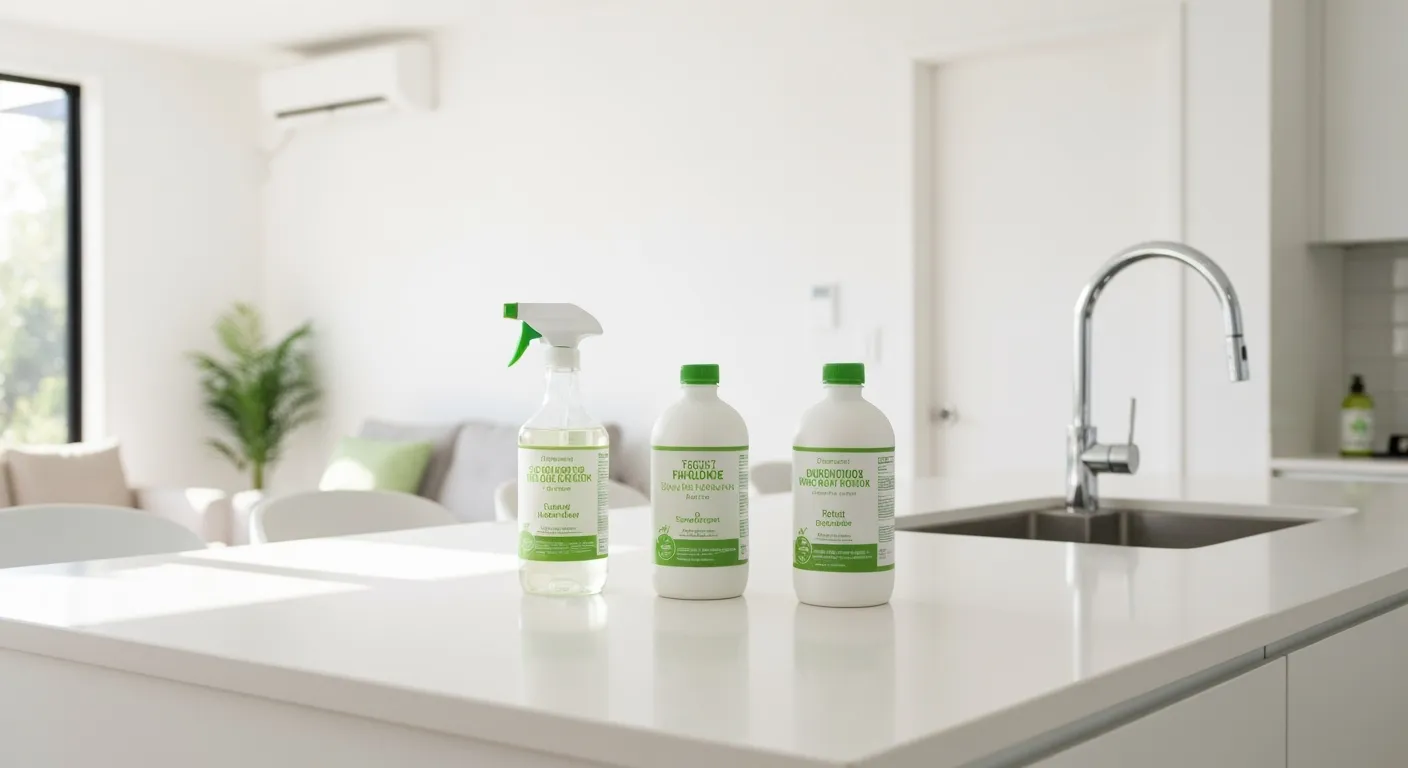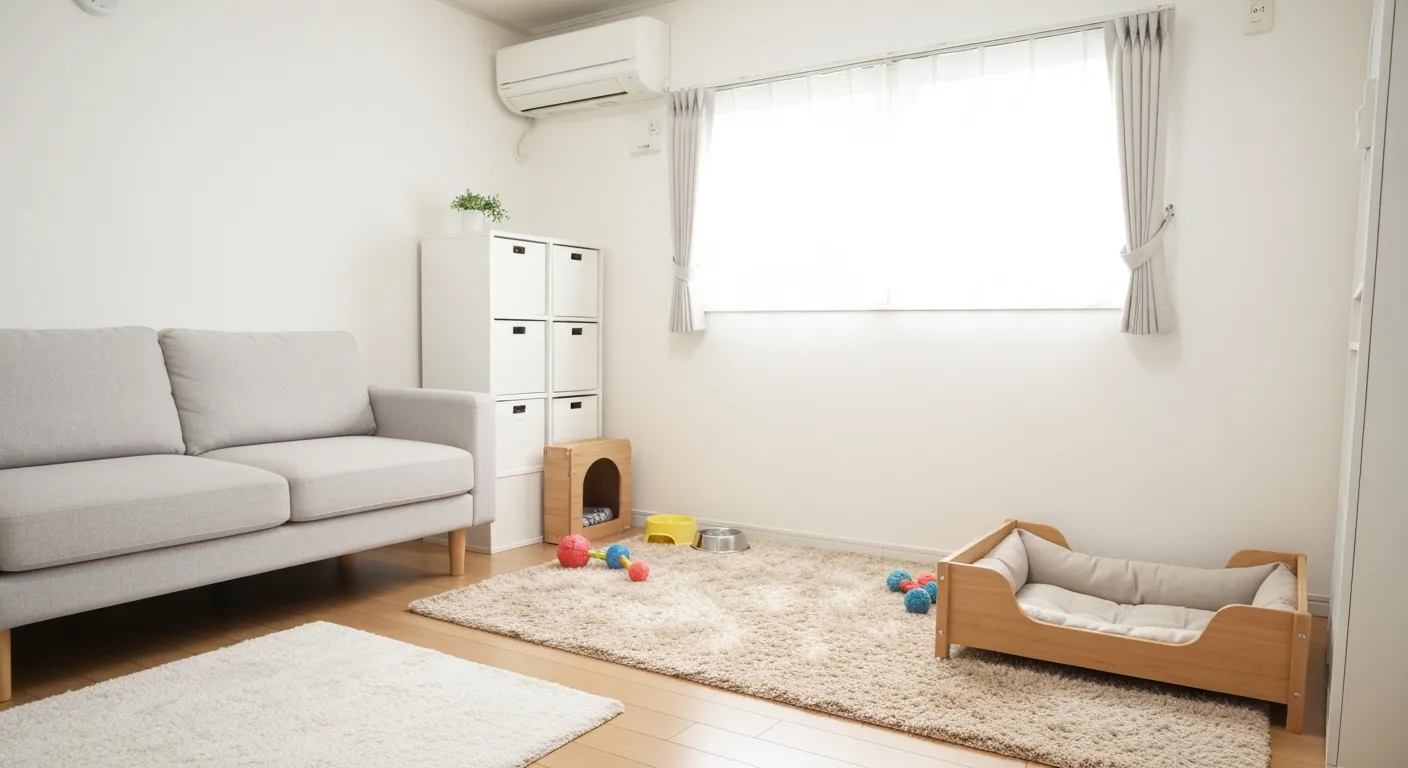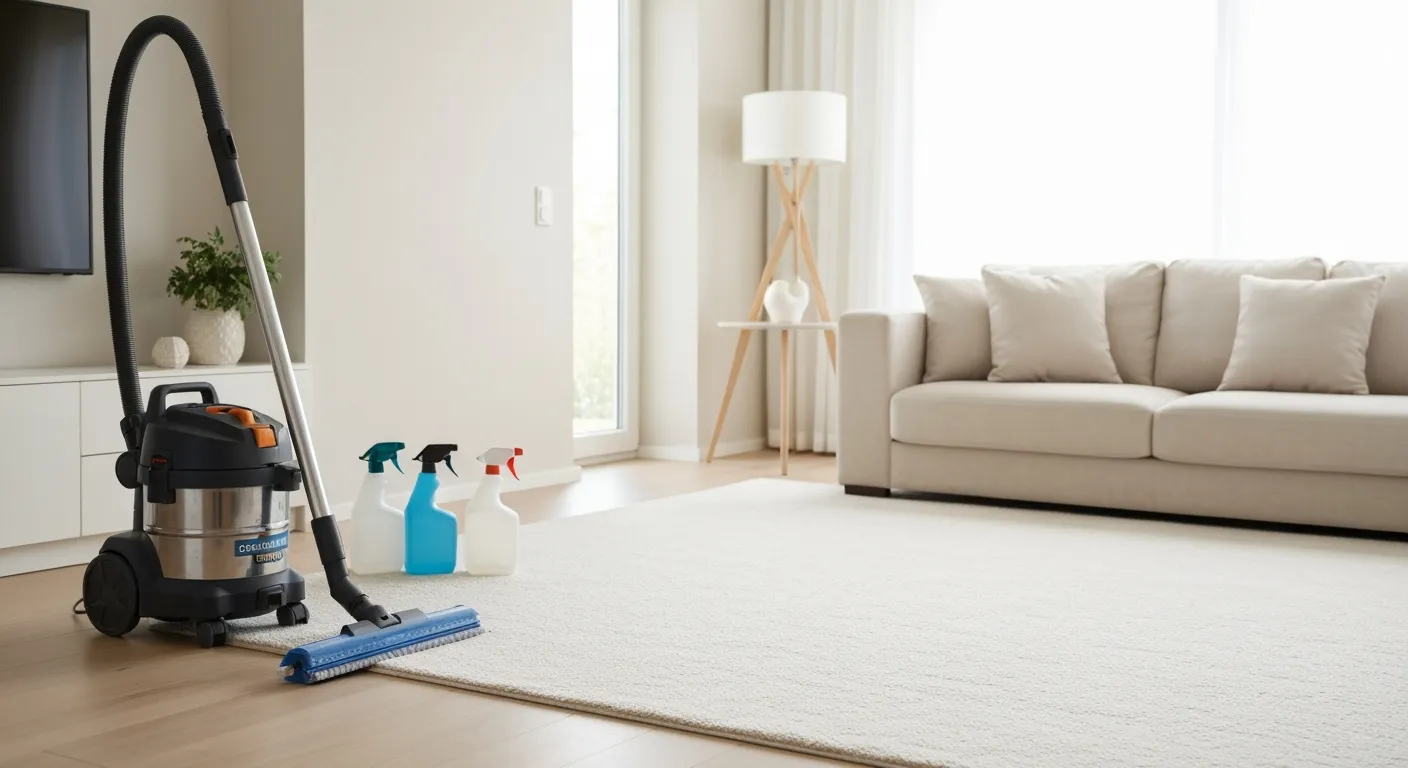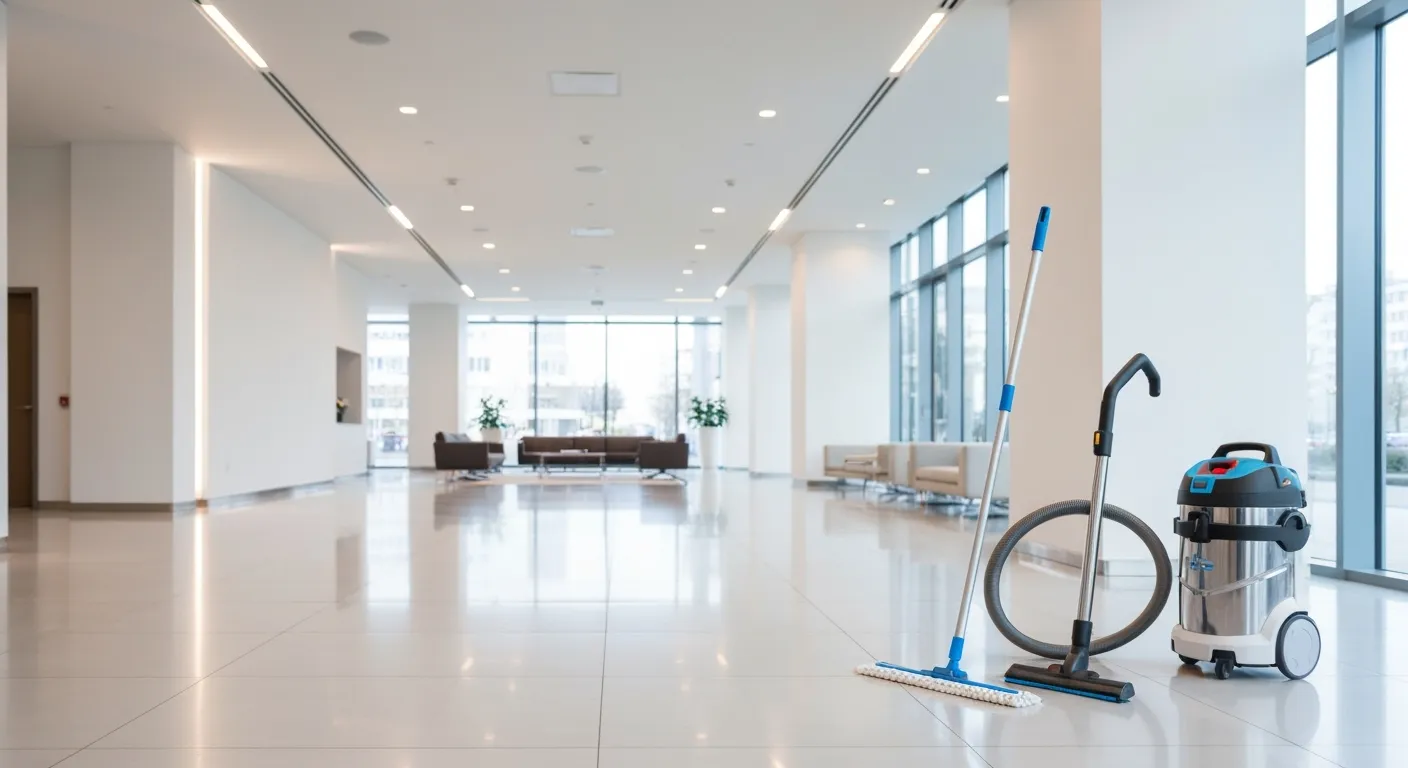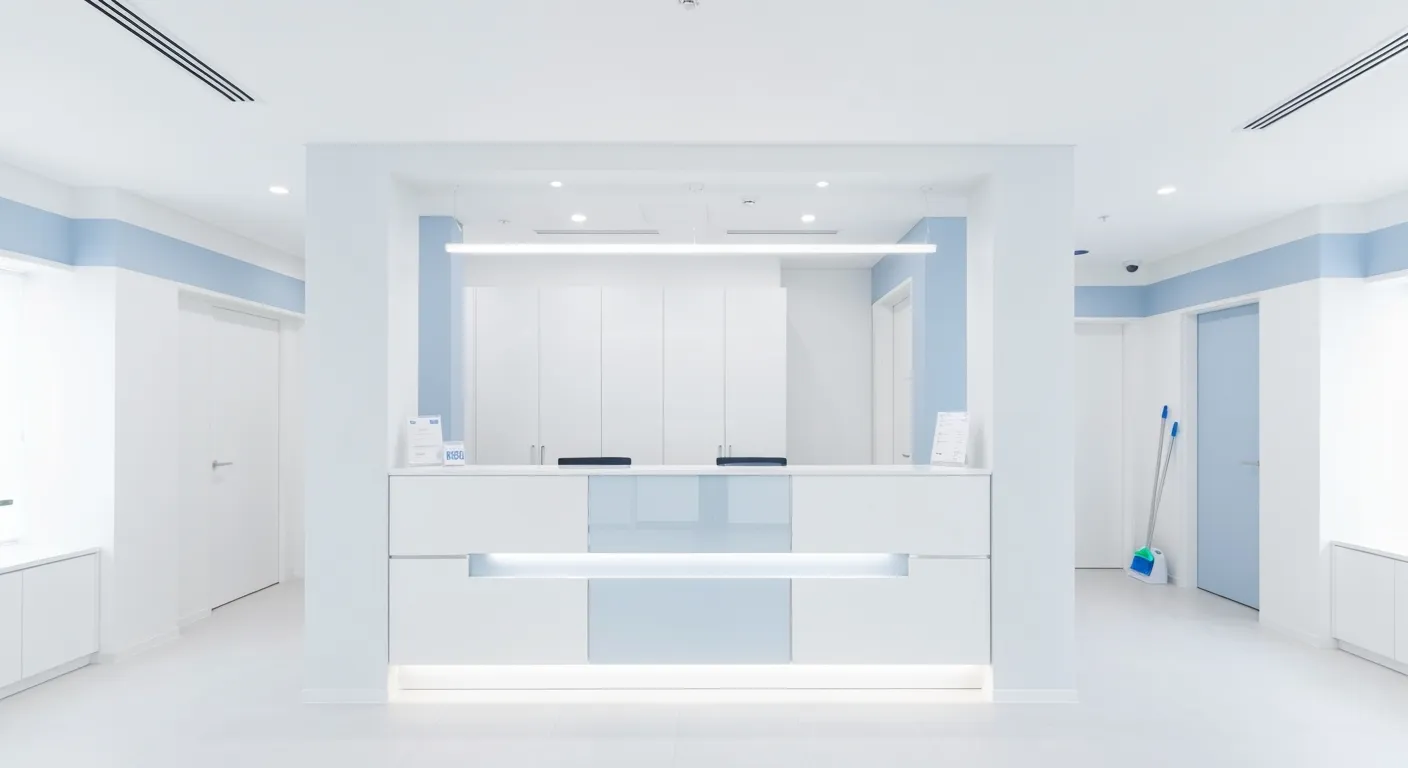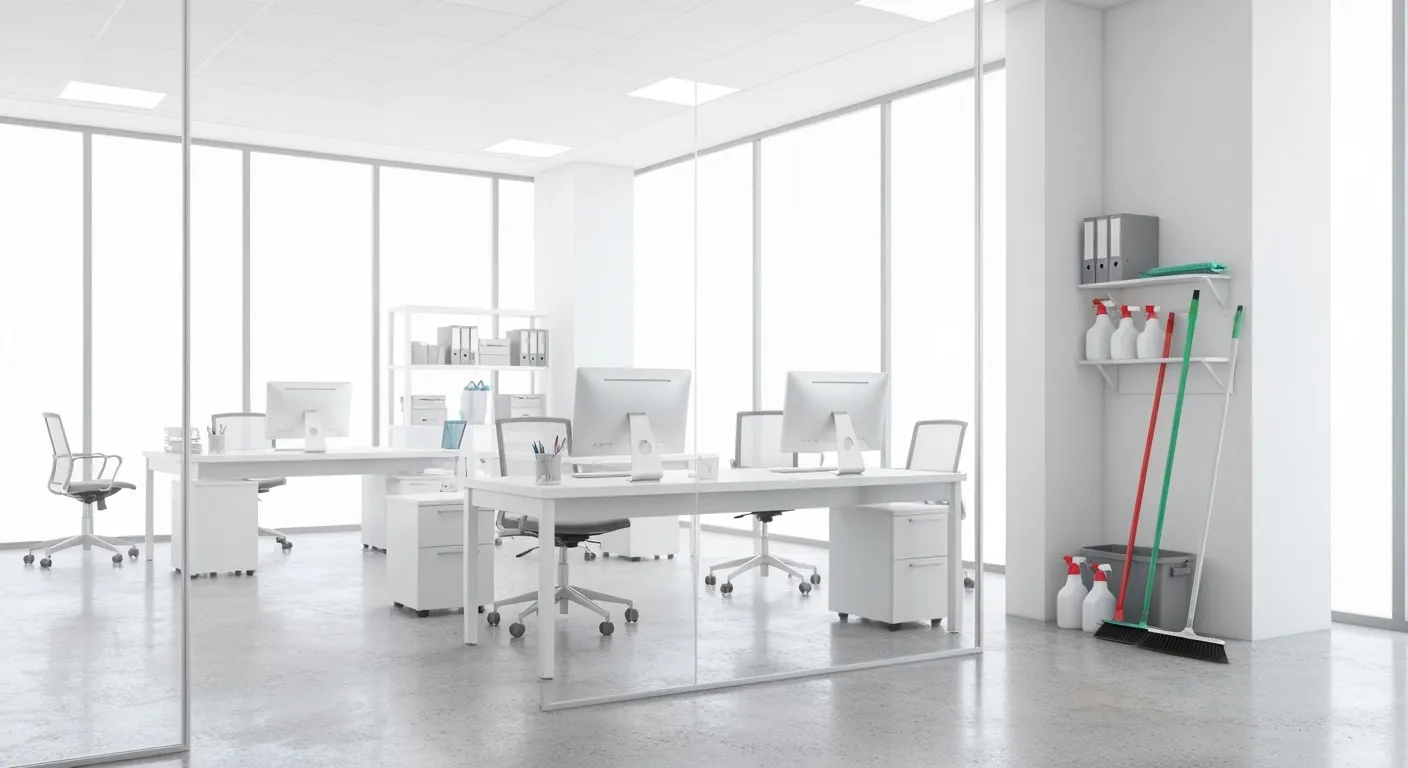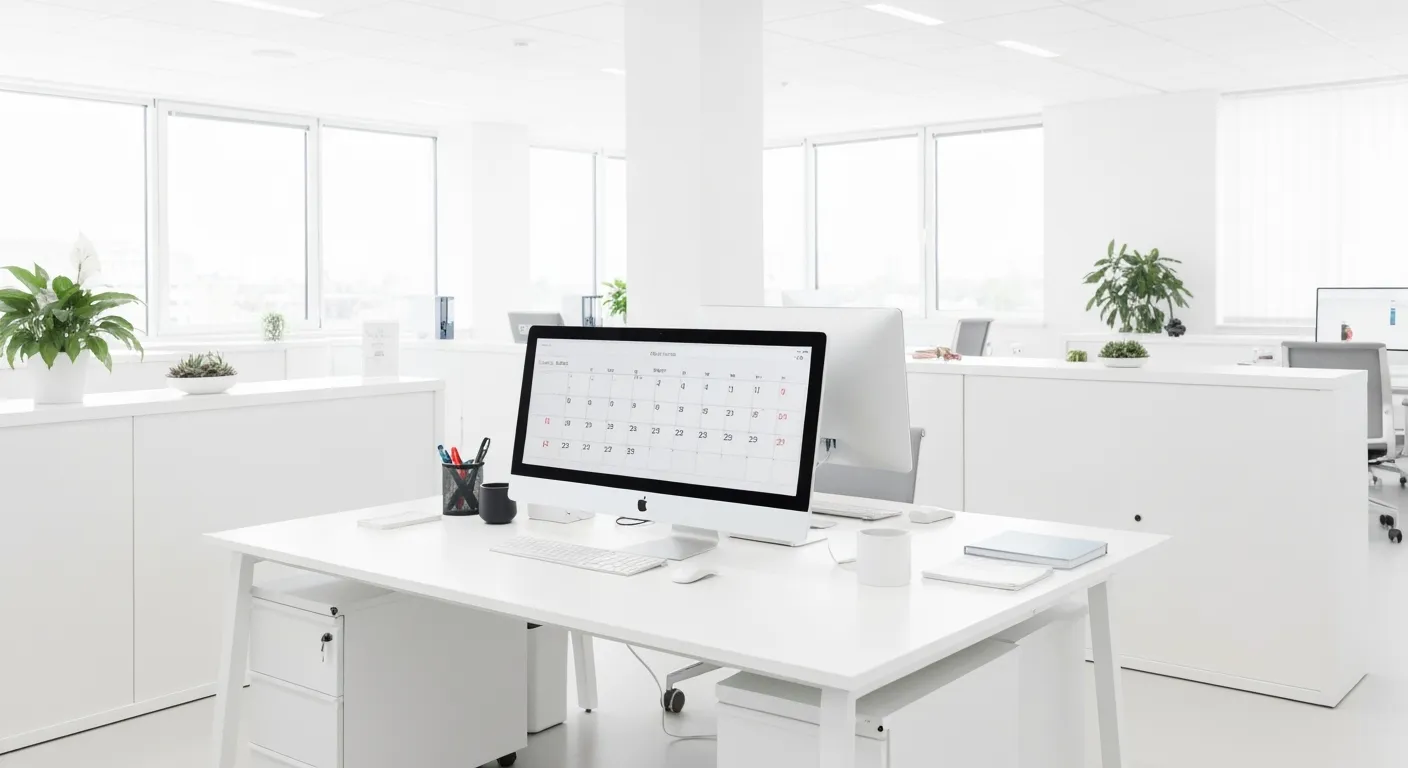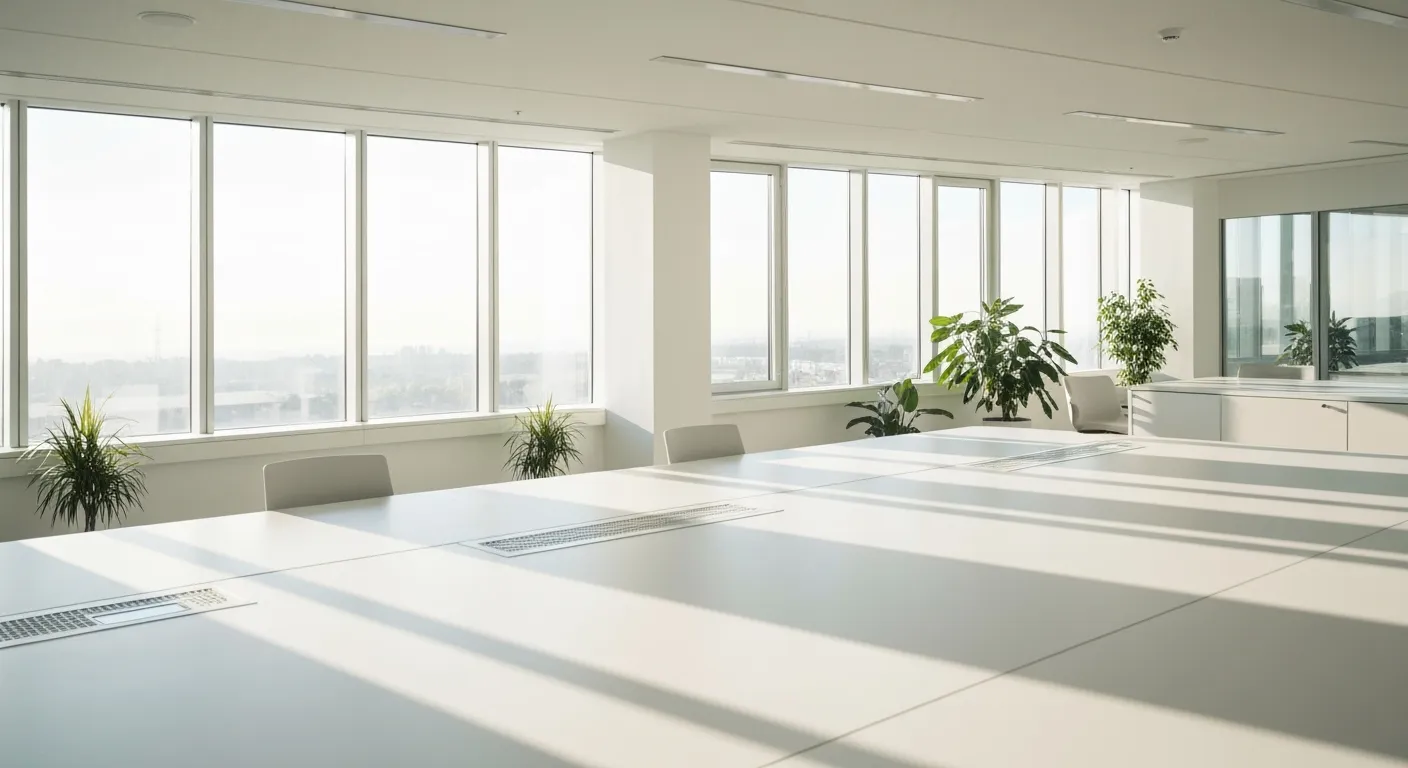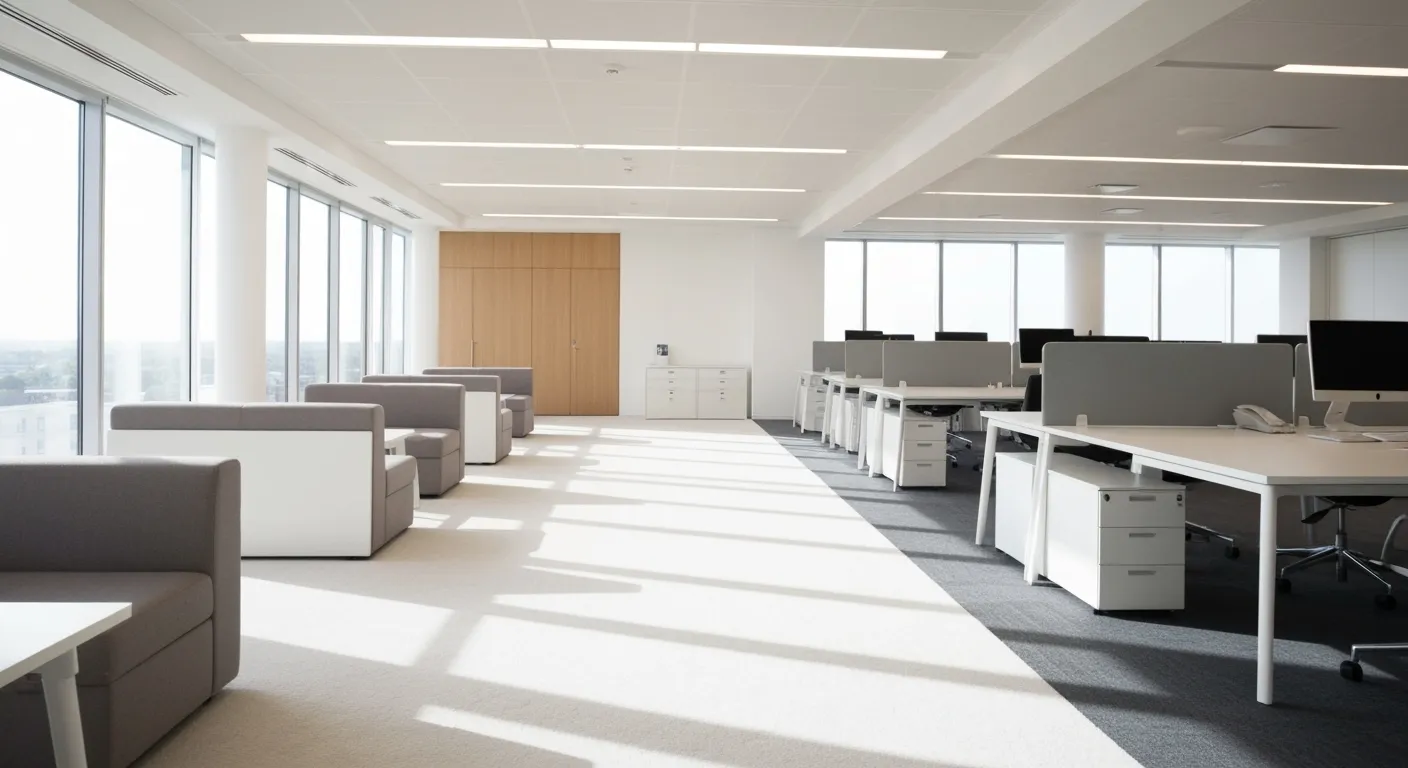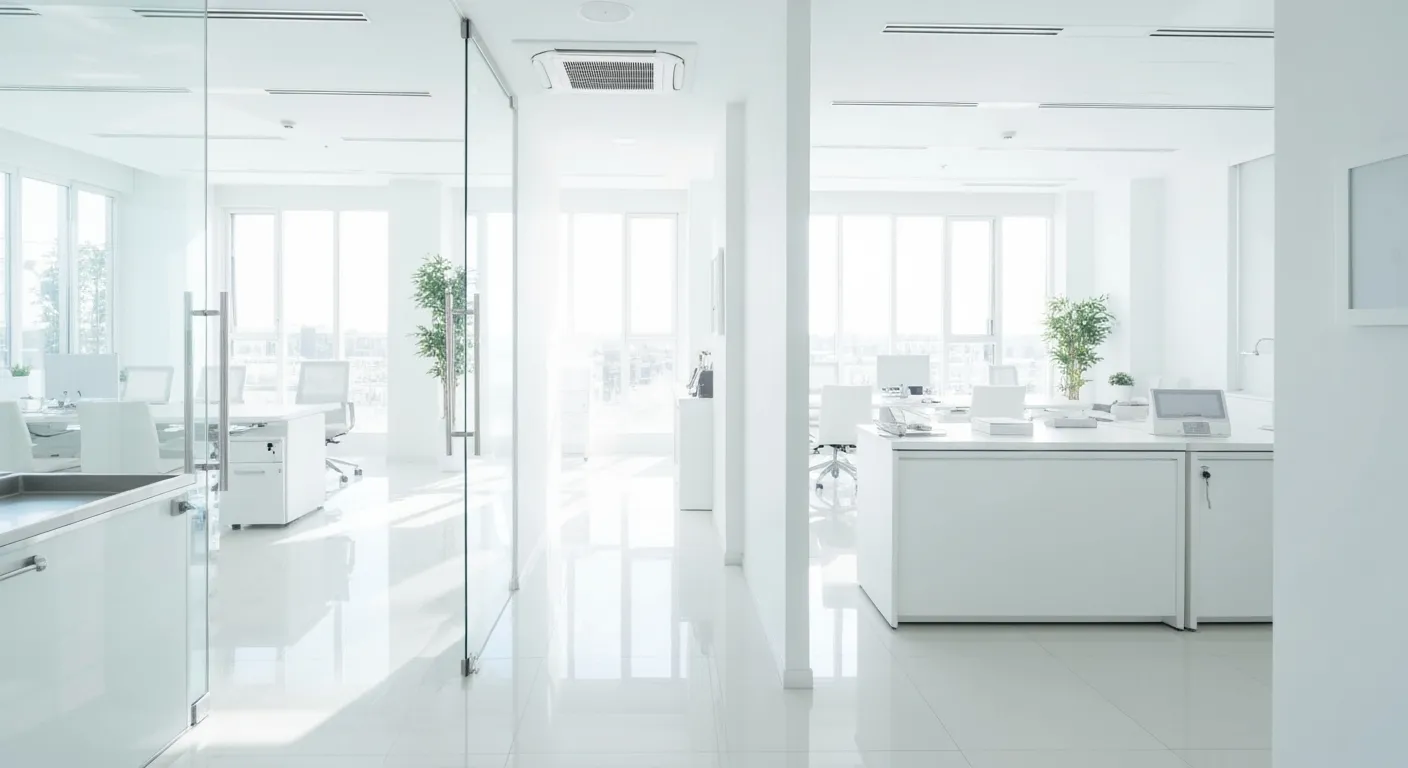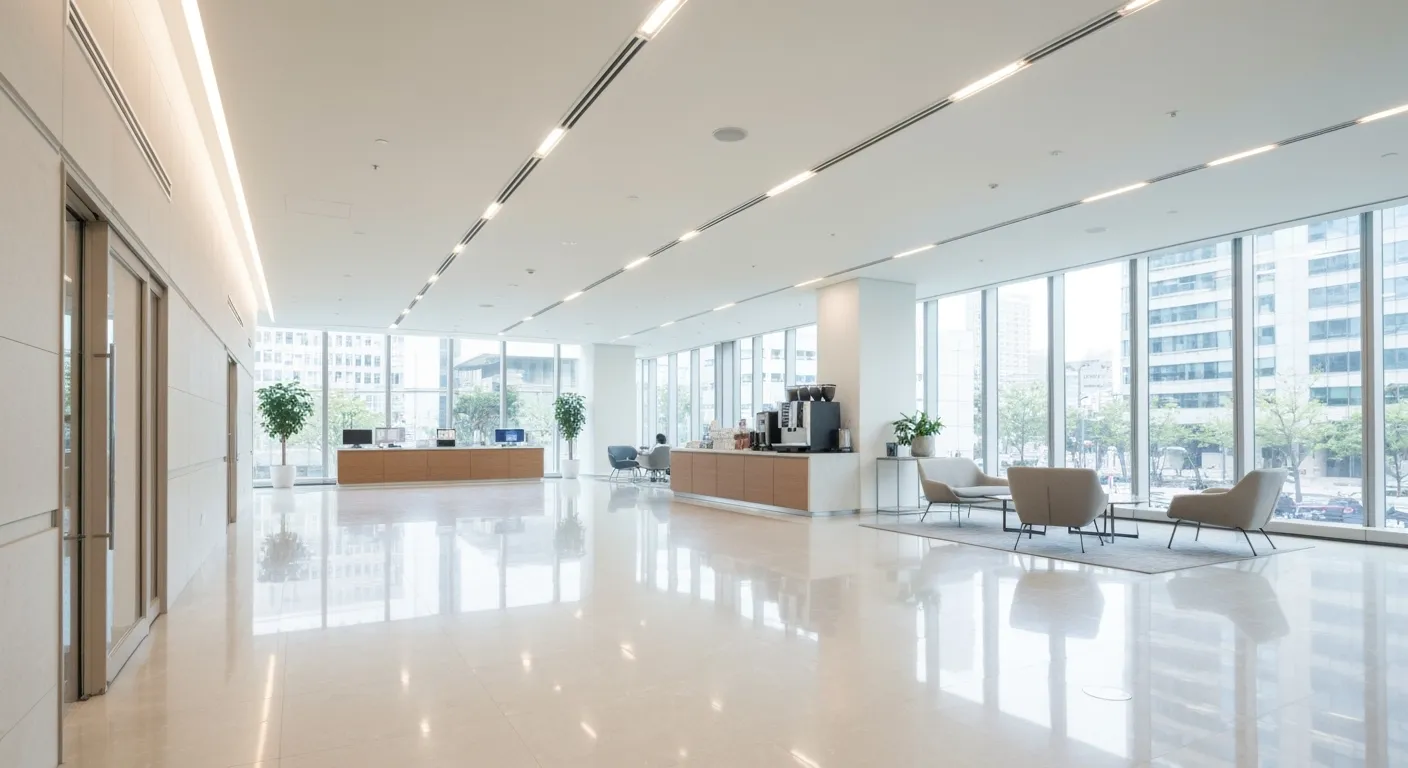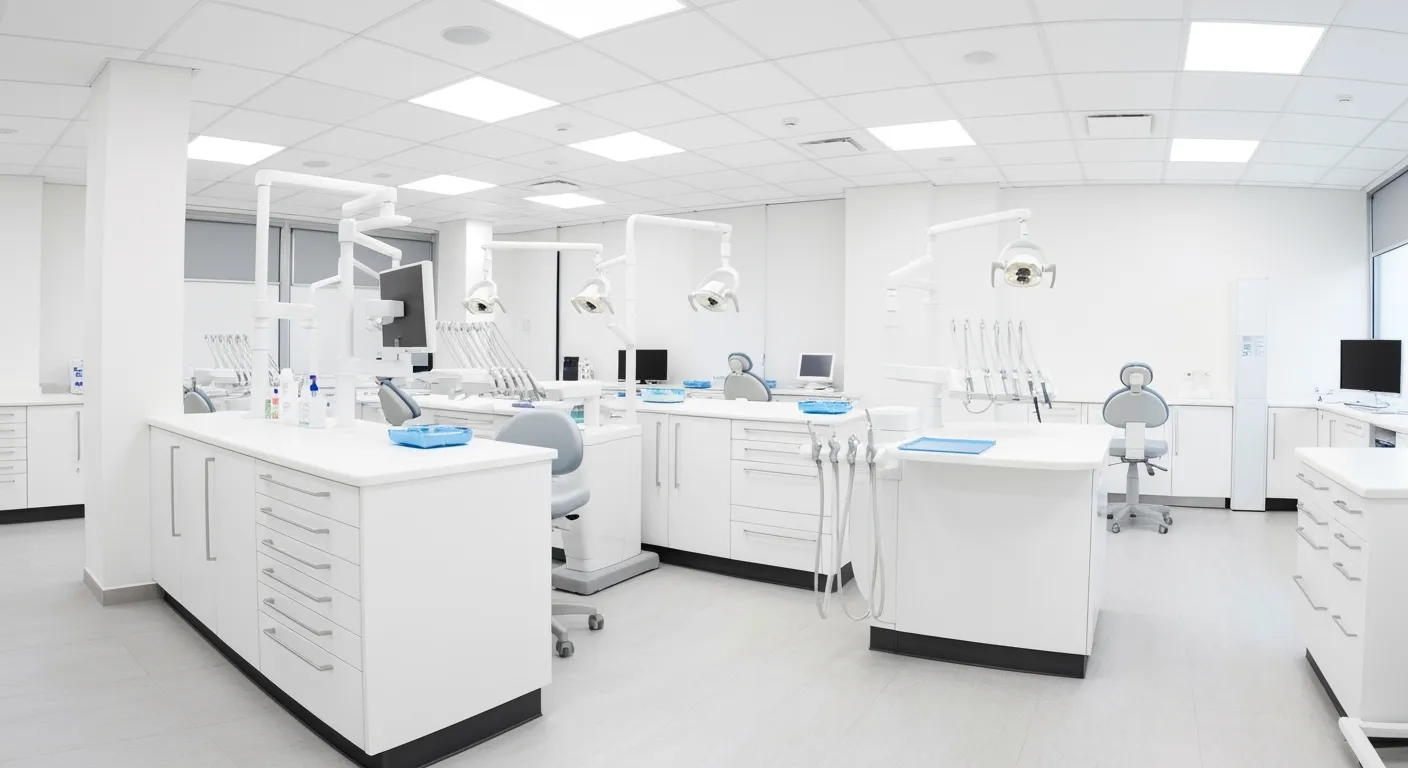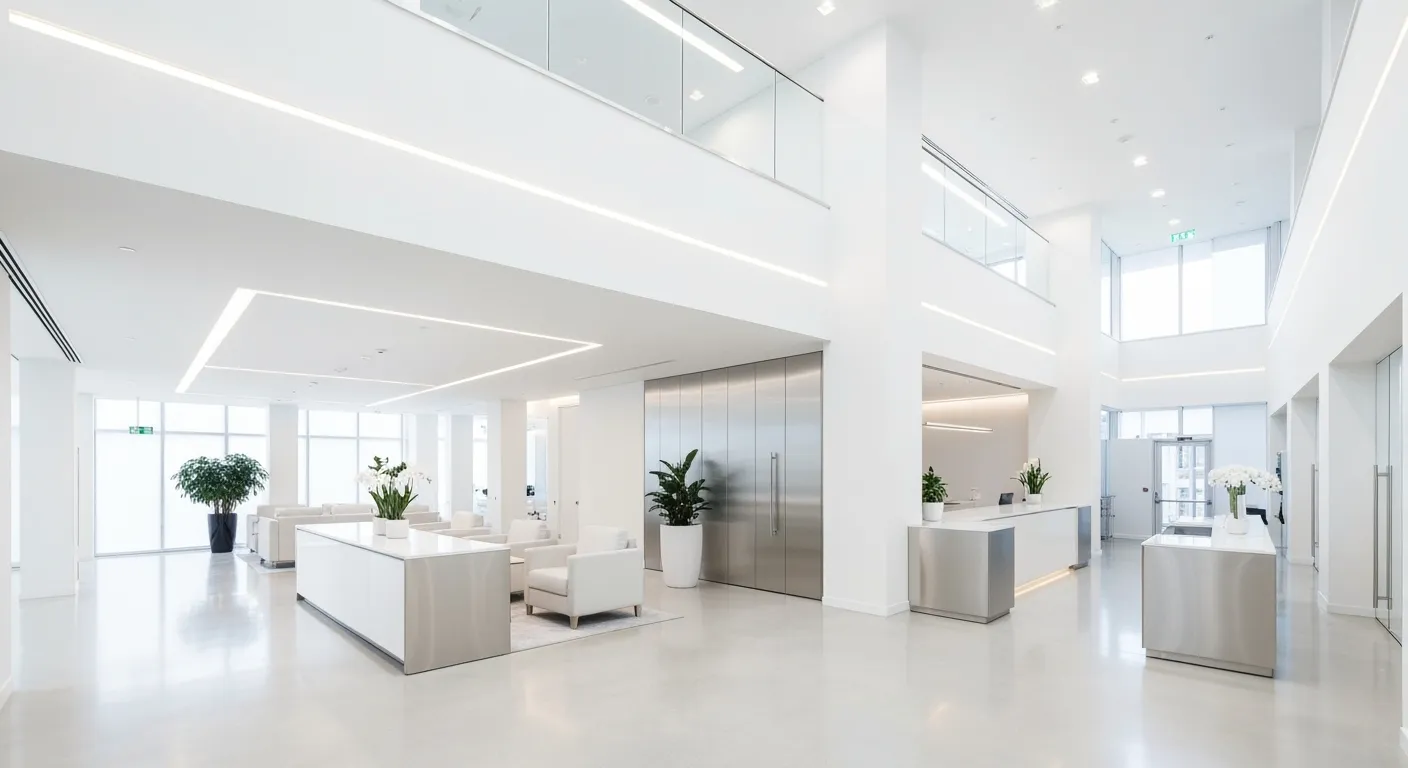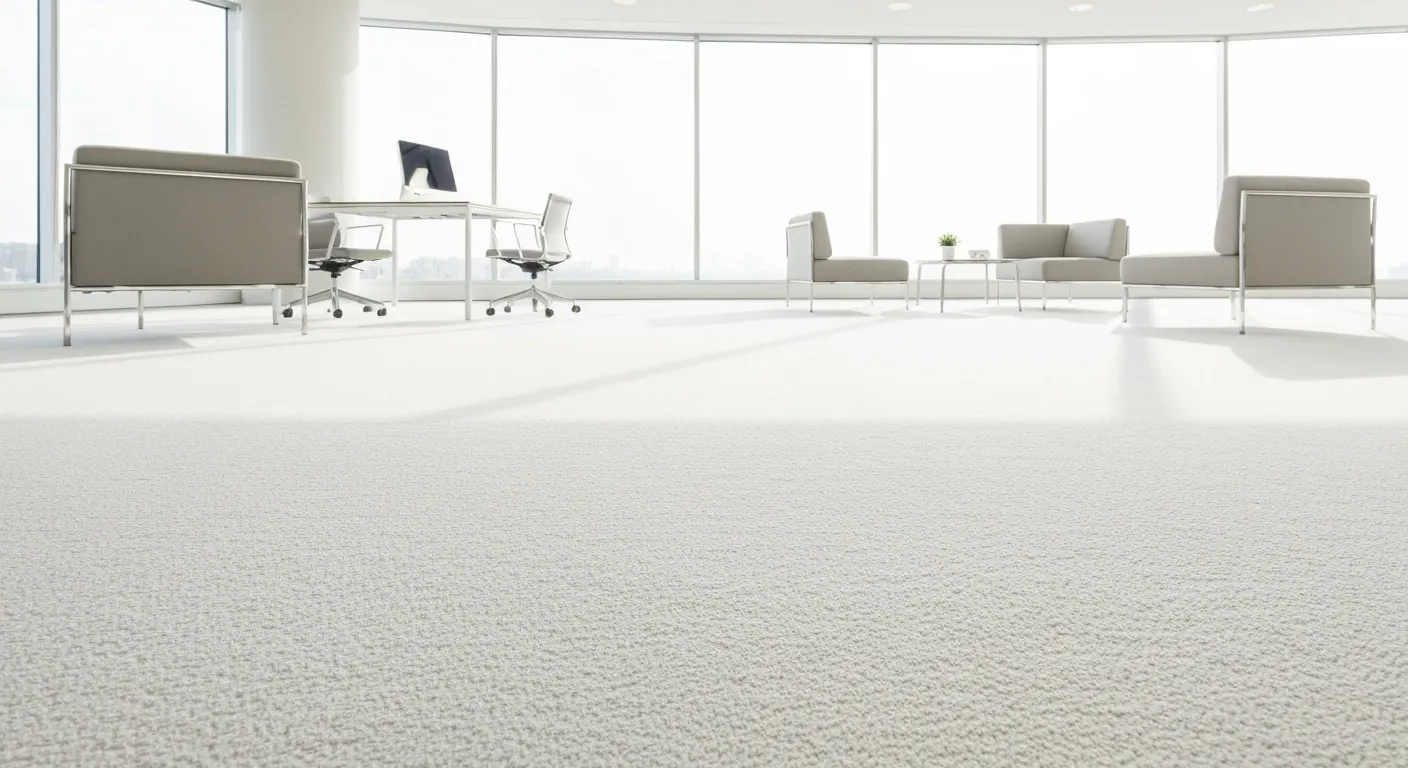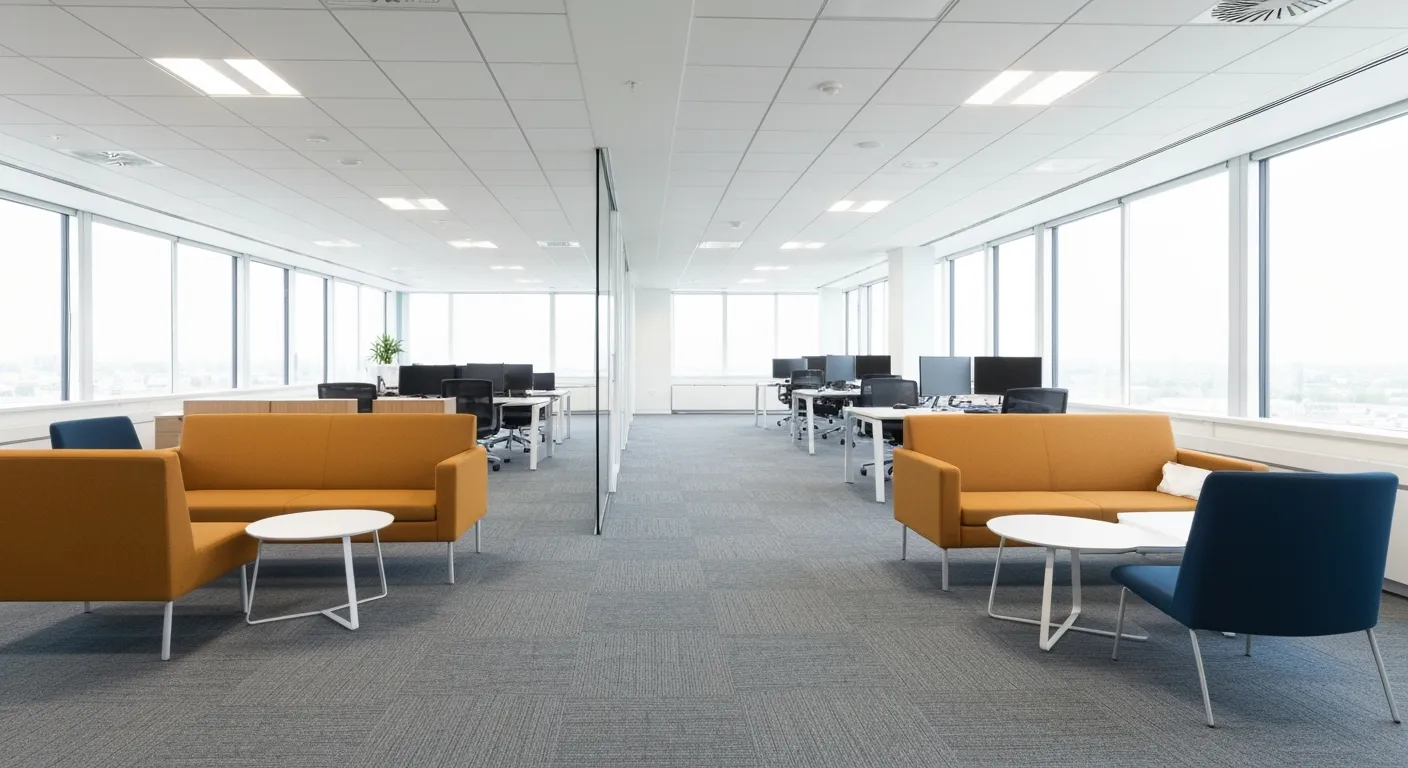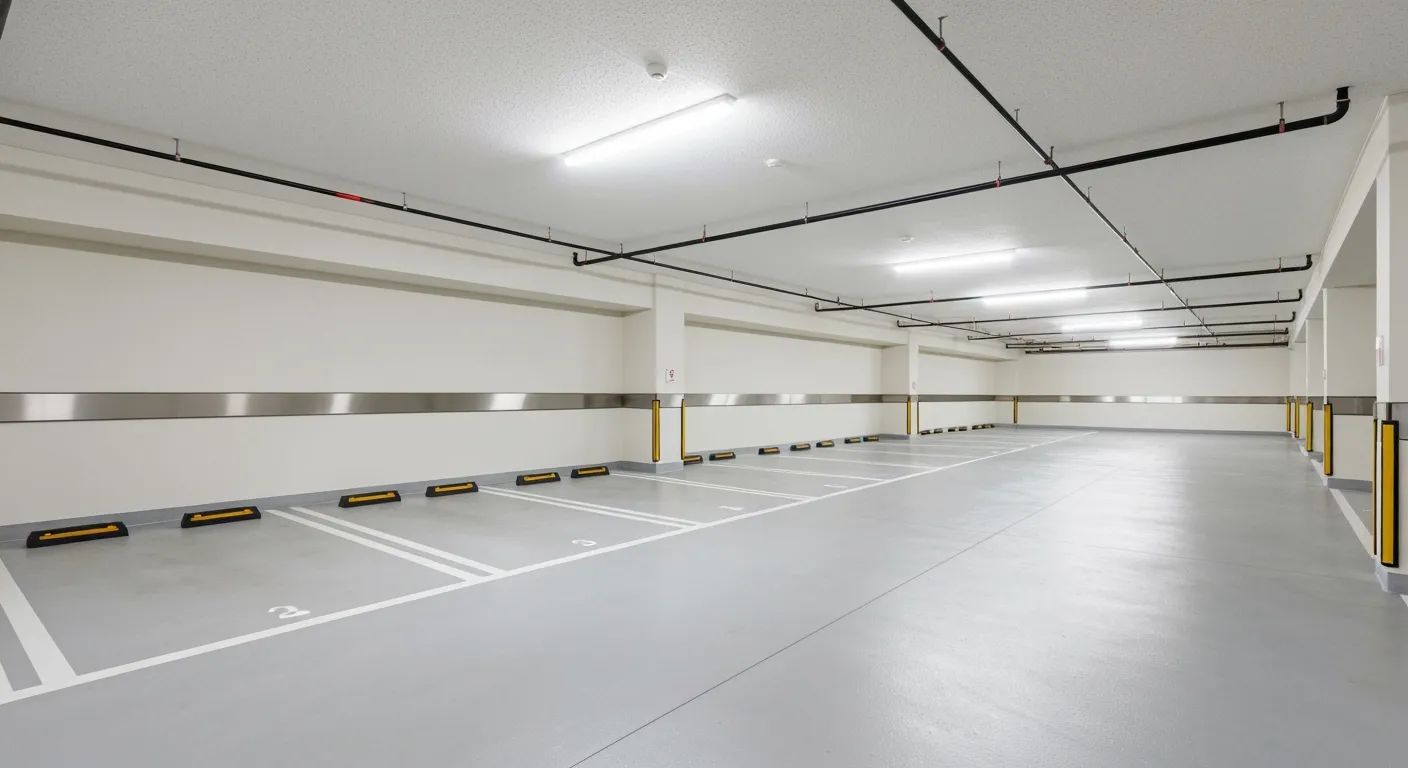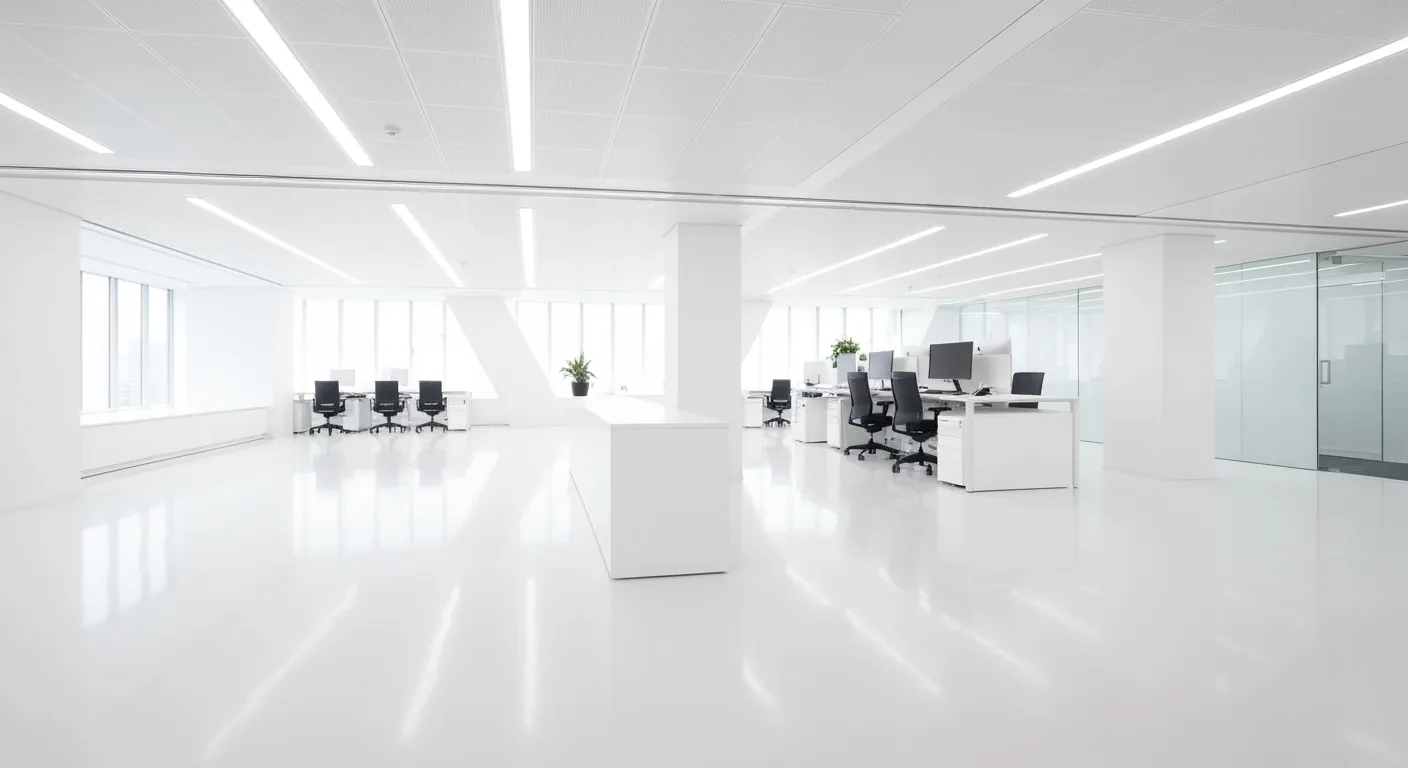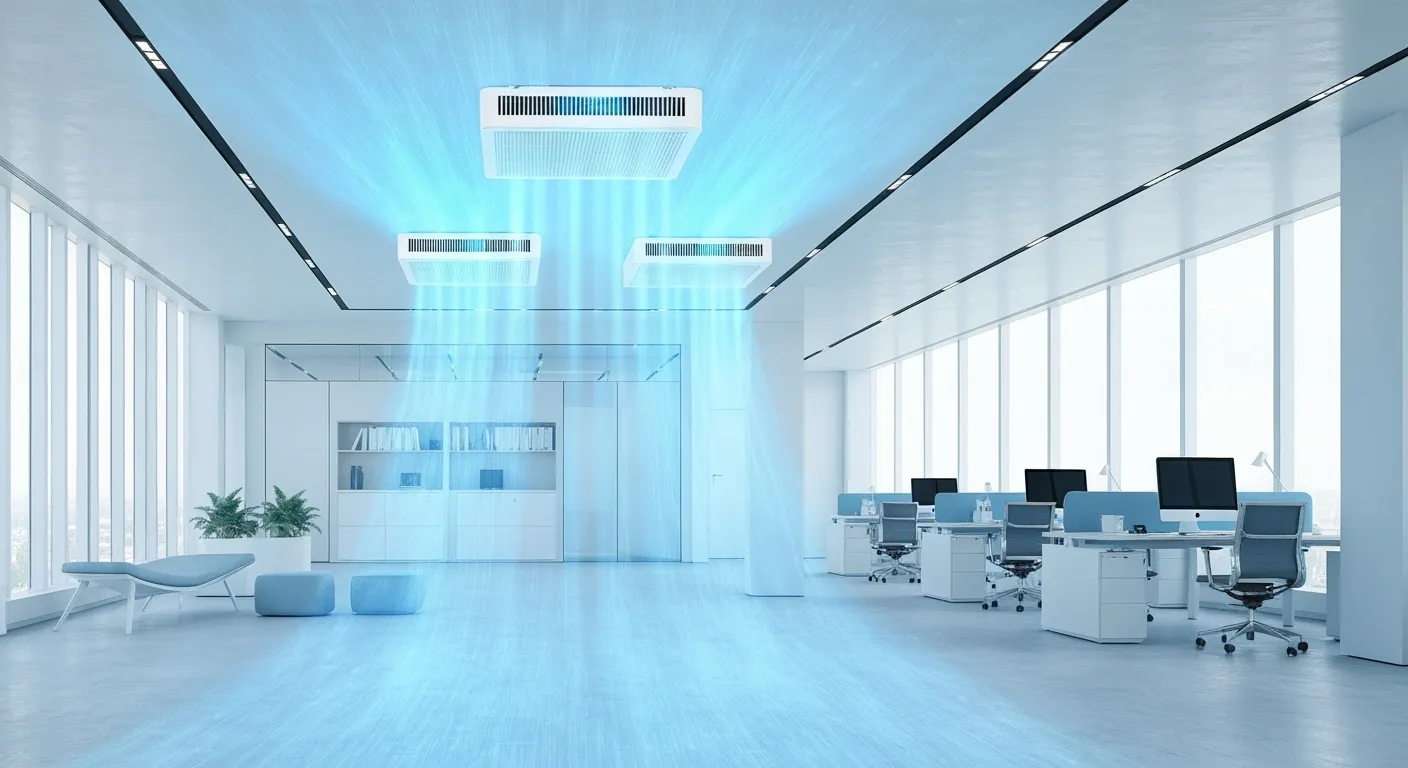How Regular Office Cleaning Boosts Morale and Wellness

Why Cleanliness Matters More Than Ever
Maintaining a clean office environment is no longer simply a matter of aesthetics; it's a crucial factor contributing to employee health, morale, productivity, and the overall success of any organization. From reducing the spread of illness to fostering mental clarity, the benefits of regular office cleaning ripple throughout workplace culture and operations. This article explores how consistent cleaning efforts fuel employee well-being, enhance organizational reputation, and create vibrant, efficient workspaces.
The Health Imperative: Cleanliness as a Preventative Measure
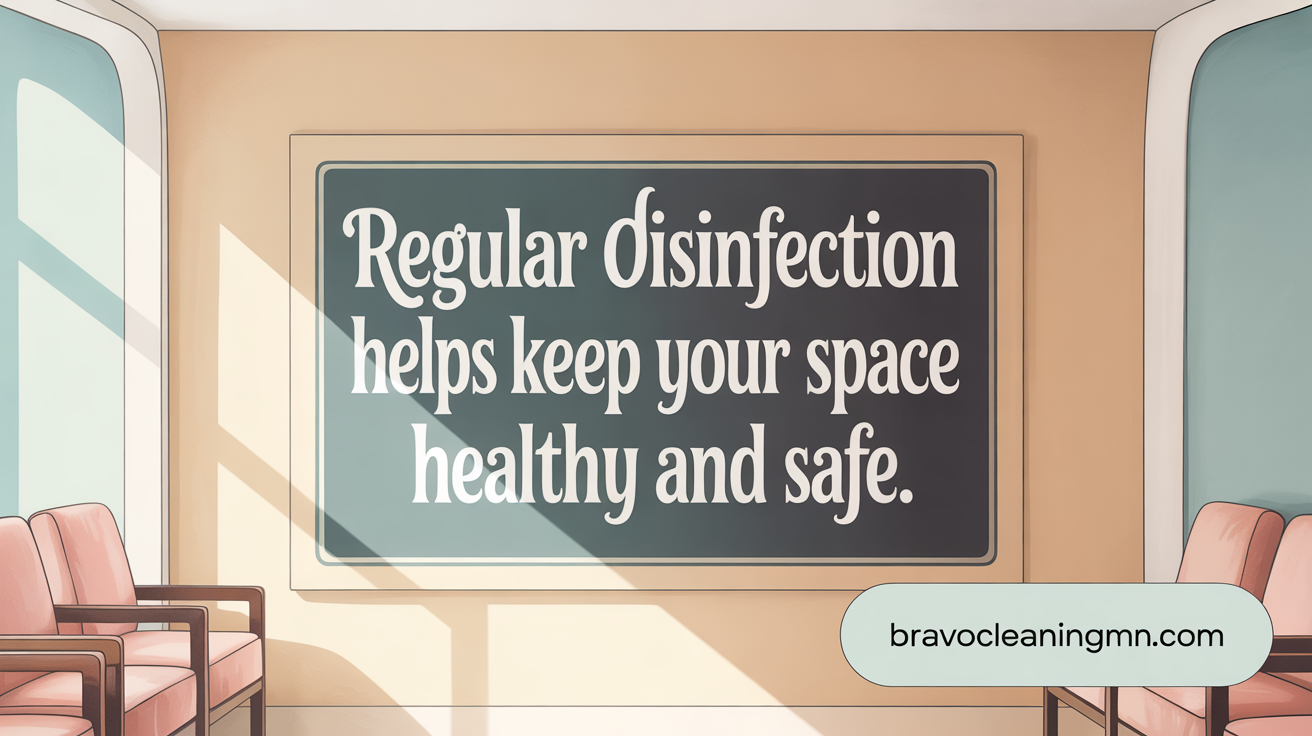
Why is it important to maintain a clean office environment?
Maintaining a clean office is crucial for safeguarding employee health by significantly reducing the presence of germs, bacteria, and viruses. Shared surfaces like doorknobs, keyboards, phones, and light switches are hotspots for transmission, and thorough cleaning with hospital-grade disinfectants can lower the spread of contagious diseases. Regular disinfection of high-touch areas can cut the risk of illnesses such as colds, flu, and other viral infections by up to 80%, decreasing the number of sick days and enhancing workforce productivity.
A tidy and organized workspace also enhances focus and efficiency. Clutter and dust can inhibit concentration, while dust, mold, and allergens accumulated through inadequate cleaning can impair respiratory health. For example, improved indoor air quality through regular cleaning reduces symptoms like sneezing, headaches, and respiratory discomfort.
Scientific evidence supports these benefits. Studies highlight that office environments kept clean and well-maintained lead to a 15% increase in employee satisfaction and a 94% boost in productivity. Moreover, regular cleaning routines help extend the lifespan of office furniture and equipment, saving costs and maintaining a professional appearance.
In addition to health benefits, cleanliness fosters a positive atmosphere, reduces stress and anxiety, and boosts employee morale. Employees feel valued and respected in a hygienic environment, which enhances motivation and commitment.
Investing in professional cleaning services ensures consistent sanitation, compliance with hygiene standards, and creates a healthier workspace. This not only prevents the spread of germs and illnesses but also reflects positively on the company’s image, reassuring clients and visitors of its professionalism and commitment to quality. Overall, proper office cleaning is a vital preventative measure that supports long-term health, productivity, and organizational success.
Boosting Morale Through a Pristine Workspace
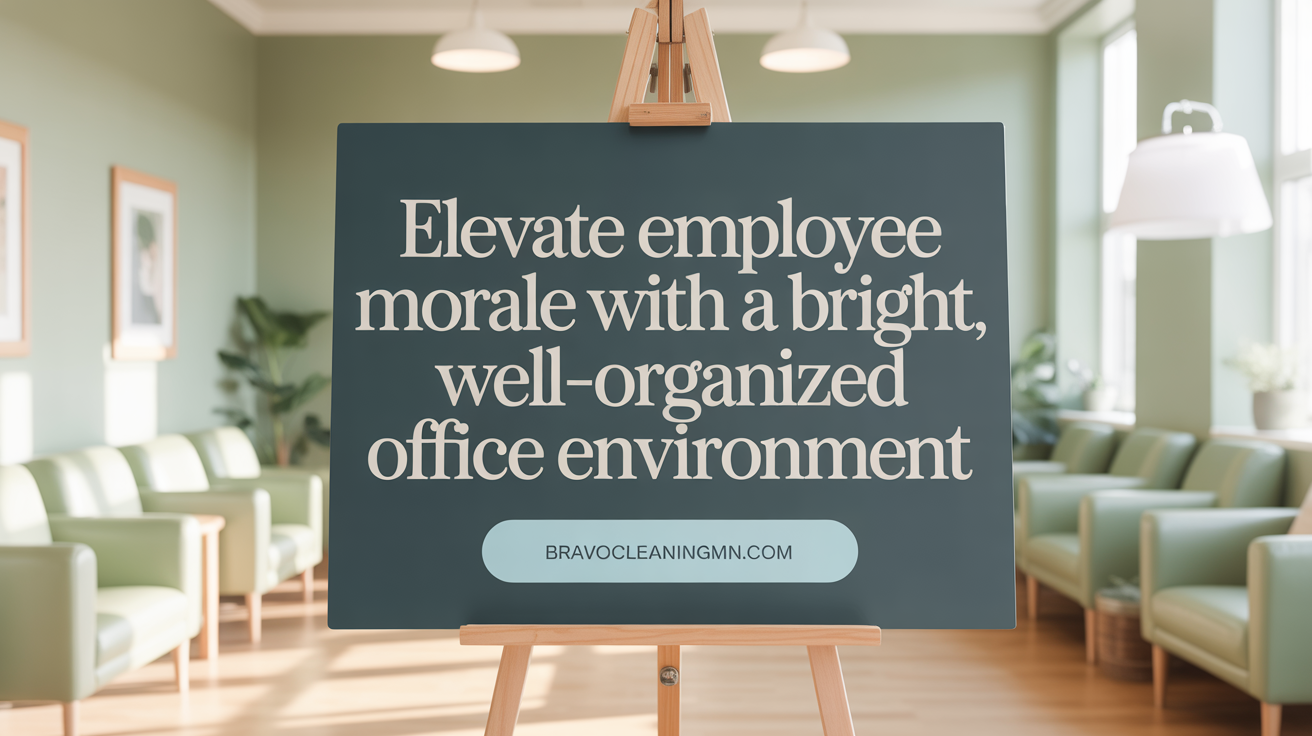
What impact does a clean and organized workspace have on employee morale?
A tidy and well-maintained office environment plays a crucial role in elevating employee morale. When the workspace is clean and organized, it creates a professional, welcoming atmosphere where employees feel valued and respected. This sense of pride in their surroundings boosts their motivation and engagement.
A clutter-free environment reduces stress and minimizes distractions, allowing workers to focus more effectively on their tasks. Enhanced focus can lead to increased productivity and job satisfaction. Moreover, a hygienic workspace limits the presence of germs and bacteria, reducing sick days and supporting overall health and well-being.
Maintaining cleanliness through professional services ensures high standards of sanitation, air quality improvement, and safety, which are essential for a positive work environment.
In addition, a clean office projects a strong image of professionalism to clients and visitors, reinforcing trust and confidence in the company. This dual benefit—improved employee morale and better corporate reputation—contributes to higher retention rates and a more committed workforce.
Overall, a pristine workspace fosters mental clarity, safety, and pride. It creates a motivating environment where employees feel comfortable, appreciated, and driven to excel, ultimately leading to better performance and longer tenure within the organization.
Productivity and Mental Clarity: The Psychological Benefits of Cleanliness
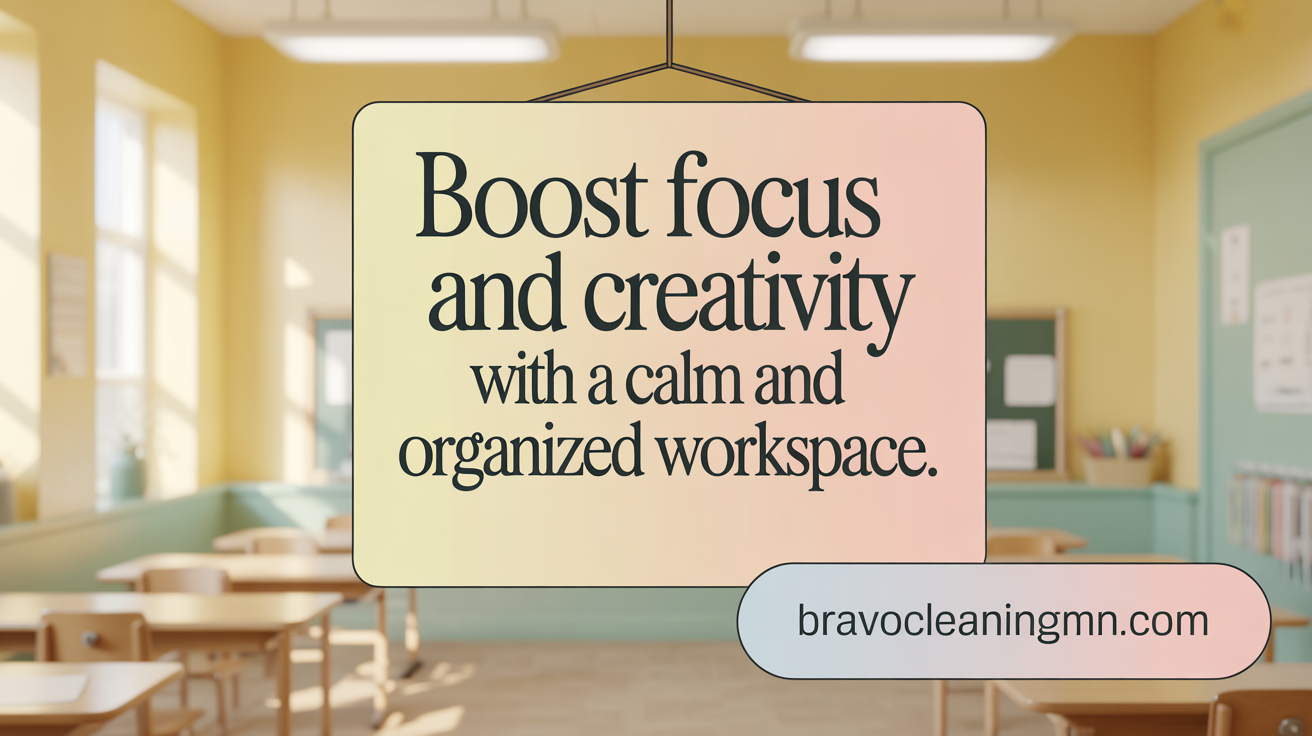
How can a clean office environment boost productivity?
A clean office environment plays a vital role in enhancing employee productivity. By reducing visual and physical clutter, cleanliness helps improve concentration and focus, enabling employees to work more efficiently. An organized workspace fosters a positive mental state, which enhances mental clarity and supports creative thinking. Moreover, maintaining high standards of hygiene minimizes the spread of germs, leading to fewer sick days and a healthier, more motivated workforce.
A tidy and hygienic environment also reduces stress and anxiety, creating a calm atmosphere conducive to better decision-making. Furthermore, organization and cleanliness promote safety by lowering the risk of accidents and support better workflow, ultimately saving time and reducing errors. This holistic approach to cleanliness ensures employees can perform at their best, making a clean office a strategic asset for boosting overall productivity.
The Essential Role of Professional Cleaning Services
What importance does professional cleaning hold for a workplace?
Professional cleaning services are essential for ensuring that an office environment remains hygienic and safe. They go beyond basic tidiness by implementing advanced disinfection techniques, sanitizing high-touch surfaces like doorknobs, keyboards, and shared equipment. Routine and deep cleaning both contribute to reducing the presence of germs, bacteria, and allergens, which are common sources of illnesses such as colds, flu, and other contagious diseases.
How do advanced disinfection techniques improve workplace health?
Modern cleaning companies utilize hospital-grade disinfectants and specialized tools to thoroughly sanitize spaces. These advanced methods can drastically cut down pathogen levels, lowering the risk of disease transmission. High-efficiency equipment such as UV sterilizers, electrostatic sprayers, and HEPA-filter vacuums support comprehensive disinfection that internal staff may not be equipped to perform effectively.
What does compliance with health and safety standards entail?
Adhering to health regulations requires implementing strict sanitation routines and using approved cleaning products. Professional cleaners ensure compliance by following industry best practices, documenting procedures, and regularly updating their methods according to new health guidelines. This commitment not only maintains a safe environment but also fortifies the company's legal and ethical standing.
In what ways do these services impact employee well-being and morale?
A clean workspace significantly boosts employee morale by creating a welcoming, stress-reducing atmosphere. It fosters a sense of respect and value for staff, reducing stress and anxiety related to health concerns. Employees who work in hygienic conditions tend to be healthier, experience fewer sick days, and feel more motivated. An organized, pristine environment supports mental clarity and focus, empowering staff to perform efficiently.
Why is the use of eco-friendly cleaning products vital?
Eco-friendly cleaning products are vital for minimizing chemical exposure, which benefits respiratory health and overall safety. They reduce environmental impact and contribute to healthier indoor air quality, especially when combined with proper air filtration and ventilation. Using biodegradable and non-toxic solutions demonstrates a company's commitment to environmental sustainability, which can also positively influence employee perception and client trust.
| Aspect | Description | How It Benefits the Workspace |
|---|---|---|
| Disinfection Techniques | Hospital-grade disinfectants, UV sterilization | Reduces germ and virus spread |
| Compliance | Adhering to hygiene standards | Ensures workplace safety |
| Employee Morale | Clean and organized environments | Boosts motivation and health |
| Eco-Friendly Products | Biodegradable, non-toxic cleaners | Supports respiratory health |
A strategic approach to cleaning involves scheduled routines—daily high-touch disinfecting, weekly deep cleans, and periodic ventilation maintenance. These practices collectively create a healthier, more productive office environment. Embracing both advanced cleaning and eco-conscious products not only fulfills safety requirements but also enhances overall staff well-being, making a clear case for investing in professional cleaning services.
Cleanliness as a Cornerstone of Organizational Culture and Retention
How does a clean workplace influence organizational culture and employee retention?
A clean workplace plays a vital role in shaping an organization’s culture by showcasing its core values of respect, professionalism, and concern for health and safety. When employees walk into a tidy, well-maintained environment, they feel valued and respected, which boosts morale and fosters loyalty.
A clean office reduces distractions, stress, and health hazards, contributing to higher productivity and job satisfaction. Employees are more motivated in spaces that promote comfort and cleanliness, leading to fewer sick days and a more engaged workforce.
Maintaining high standards of cleanliness also signals a company’s commitment to its staff’s well-being and safety. This dedication encourages employees to stay longer, reducing turnover and fostering a sense of pride in their workplace.
From a client perspective, a spotless, organized environment creates a positive impression of professionalism and reliability. It helps build trust and confidence in the company’s capabilities.
Ultimately, investing in cleanliness supports a positive workplace culture, enhances employee loyalty, and helps retain top talent. The overall result is a more cohesive, productive, and reputable organization.
Sustainability, Cost Efficiency, and Long-Term Benefits of Clean Offices
How does maintaining a clean office extend the lifespan of assets and reduce costly repairs?
Regular cleaning and maintenance significantly prolong the life of office furniture, carpets, and equipment. Dirt, dust, and neglect can accelerate wear and tear, leading to expensive repairs or replacements. For example, deep cleaning carpets and upholstery prevents mold and grime buildup, while routine disinfection protects electronics and shared tools from damage caused by bacteria and grime.
How can cleaning practices improve energy efficiency?
A tidy environment promotes better energy use. Clean windows and air vents allow more natural light, reducing the need for artificial lighting and lowering energy costs. Additionally, dust-free air filters and maintained HVAC systems ensure optimal airflow, resulting in energy savings and a more comfortable workspace.
What role do sustainable cleaning practices play?
Using eco-friendly cleaning products and methods contributes to sustainability. Biodegradable cleaners and sustainable equipment reduce environmental impact and promote a healthier workspace for employees. Regular deep cleaning with environmentally responsible products supports long-term health and reduces waste.
What are the financial benefits of maintaining a clean office?
Investing in consistent cleaning routines can lead to substantial cost savings. Reduced repairs lower equipment replacement expenses, while better energy efficiency cuts utility bills. Additionally, fewer sick days among employees mean higher productivity and decreased healthcare costs. Ultimately, a clean office environment enhances overall business performance and reputation.
| Aspect | Benefit | Additional Details |
|---|---|---|
| Asset Longevity | Extends lifespan of furniture, electronics, and flooring | Prevents premature wear and decline caused by dirt and neglect |
| Repair Costs | Lowers expenses related to repairs and replacements | Regular cleaning minimizes damage from dust, mold, and bacteria |
| Energy Efficiency | Saves on utility bills | Clean windows, vents, and air systems boost natural light and airflow |
| Eco-Friendly Practices | Reduces environmental footprint | Use of biodegradable products and sustainable techniques |
| Cost Savings | Increases overall savings | Combines reduced repair, energy, and health-related costs |
A commitment to sustainable, regular cleaning supports not only a healthier and more attractive workplace but also offers significant financial advantages, making it a wise investment for long-term business success.
The Lasting Impact of a Clean Work Environment
Regular office cleaning transcends simple maintenance; it’s a strategic investment that fuels employee health, morale, and organizational success. By reducing illness, enhancing mental clarity, and fostering a culture of professionalism and respect, cleanliness directly supports productivity and employee retention. Engaging professional services ensures consistency, compliance, and the use of advanced techniques that benefit both people and the environment. Ultimately, a clean, organized workplace is a powerhouse for sustainable business growth, employee well-being, and a thriving company culture.
References
- The Importance of Regular Office Cleaning for Employee Health and ...
- How Regular Cleaning Boosts Office Morale and Productivity
- How Office Cleaning Services Boost Workplace Productivity
- How Does Office Cleaning Impact Productivity? - Bayside CBS
- Why Regular Office Cleaning Boosts Health - Brevard Home Cleaning
- How a Clean Office Boosts Workplace Morale and Productivity
- The Importance of a Clean Workplace: Boosting Productivity, Morale ...
- The Power of Presentation: Office Cleanliness and Professionalism
- How Regular Office Cleaning Reduces Sick Days and Boosts Morale?


